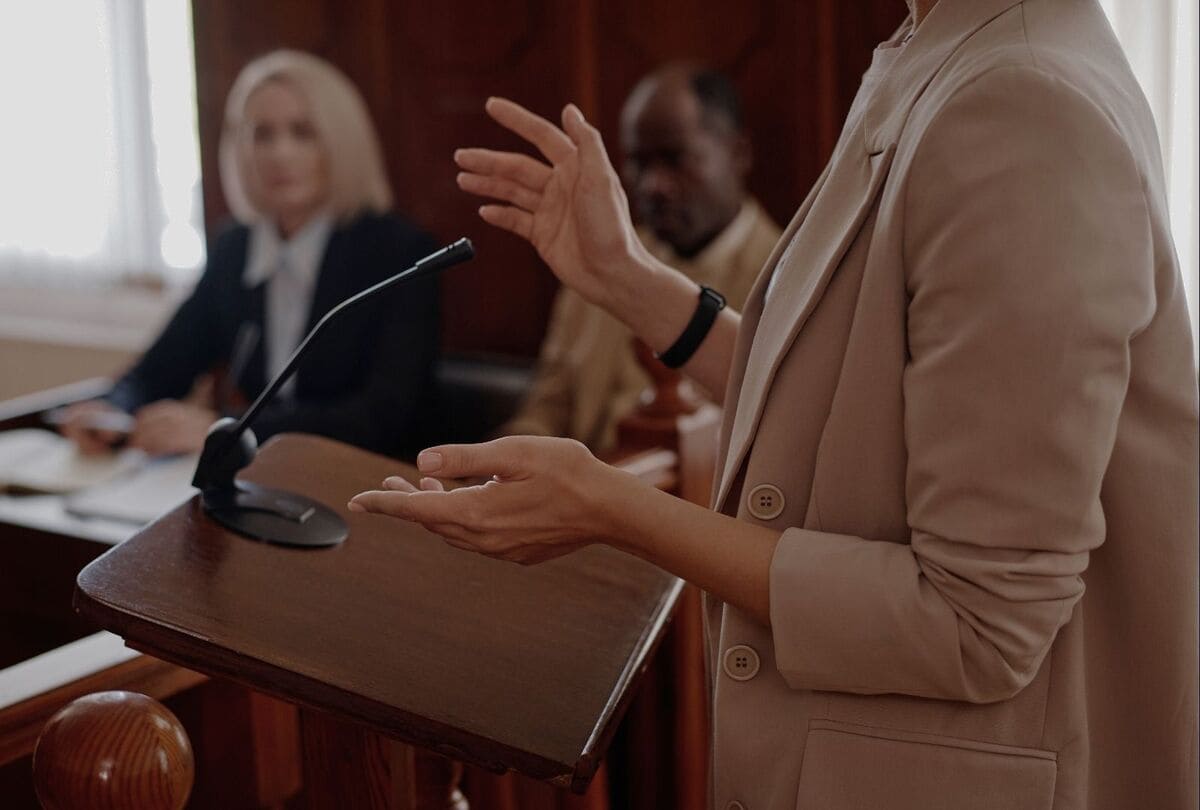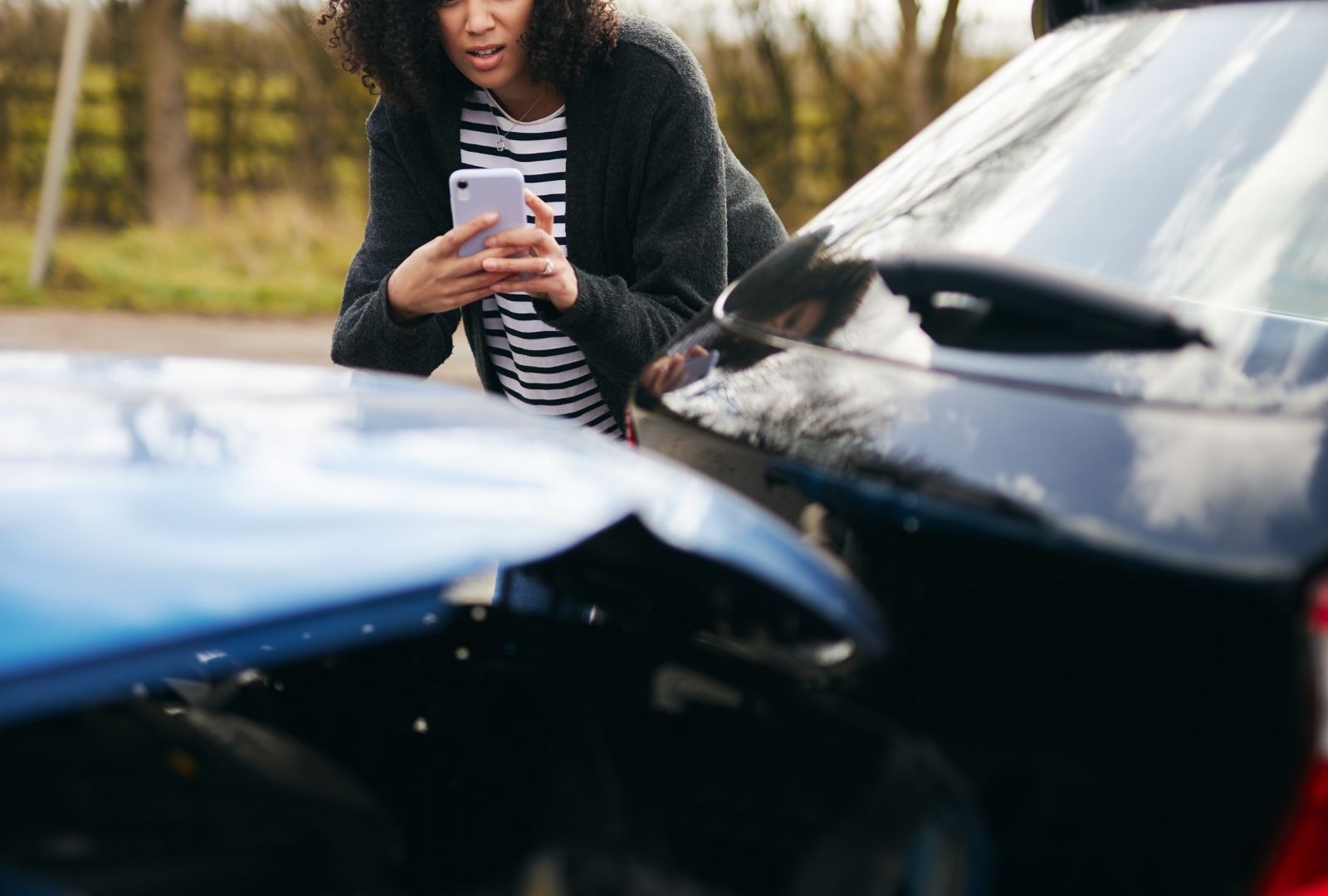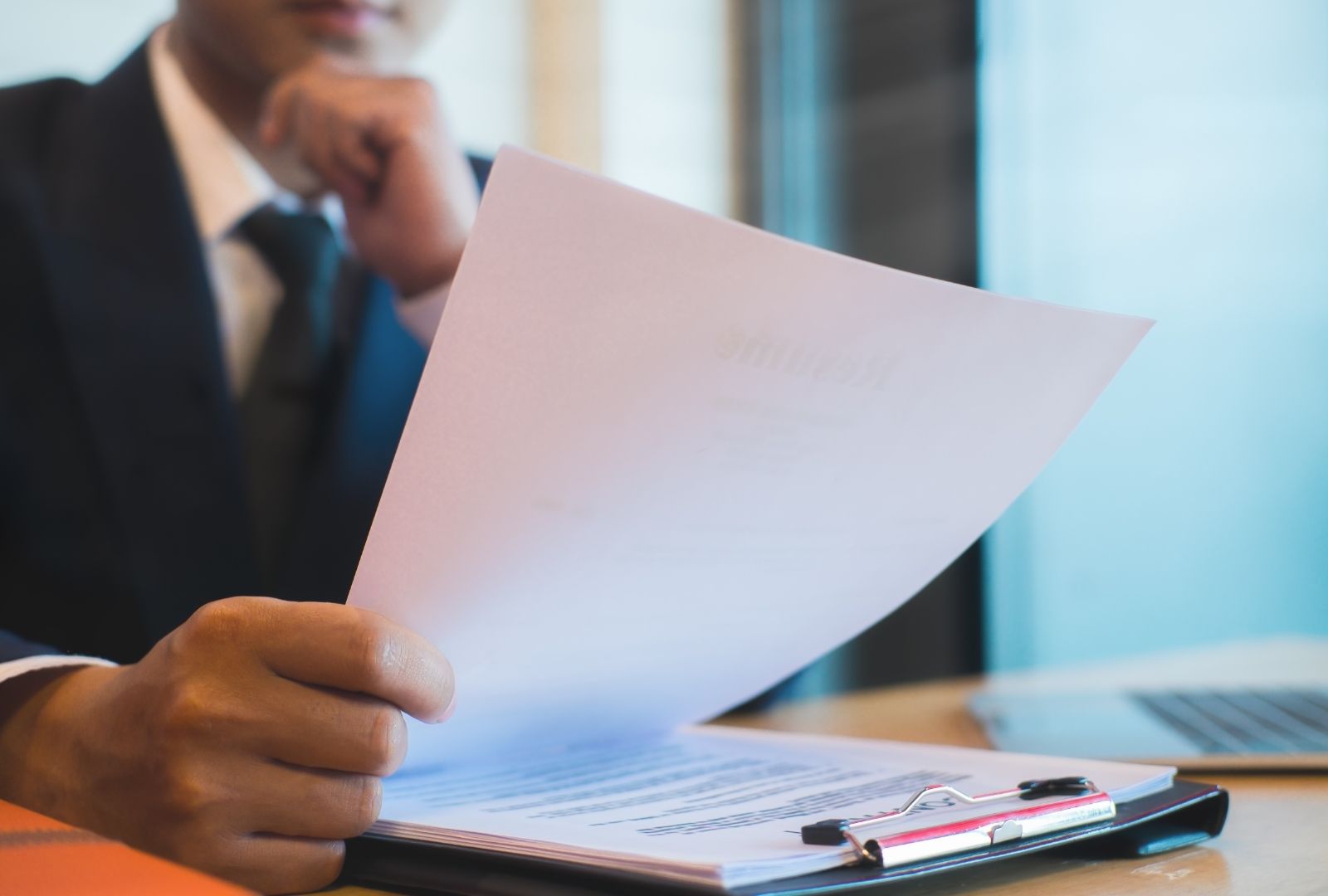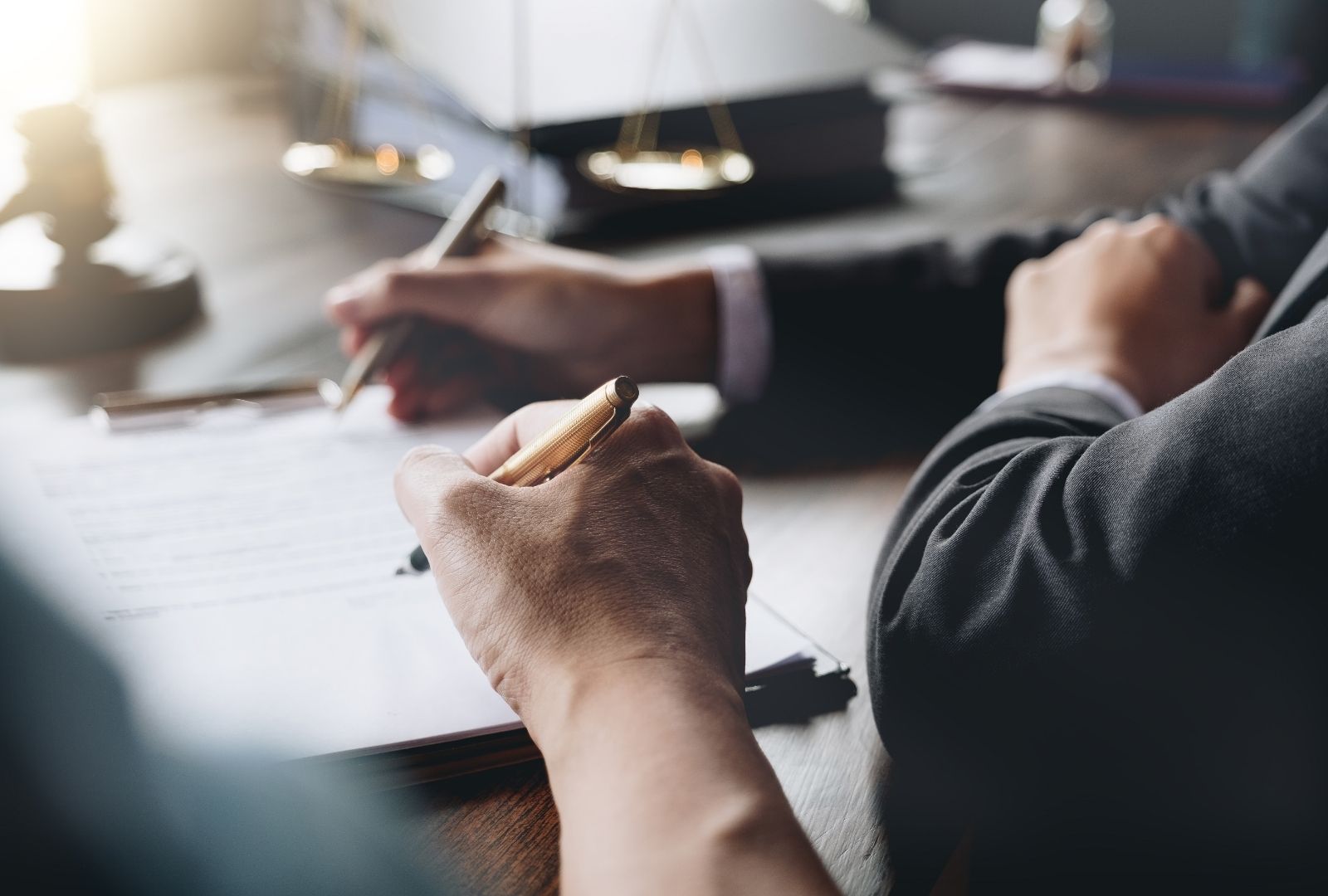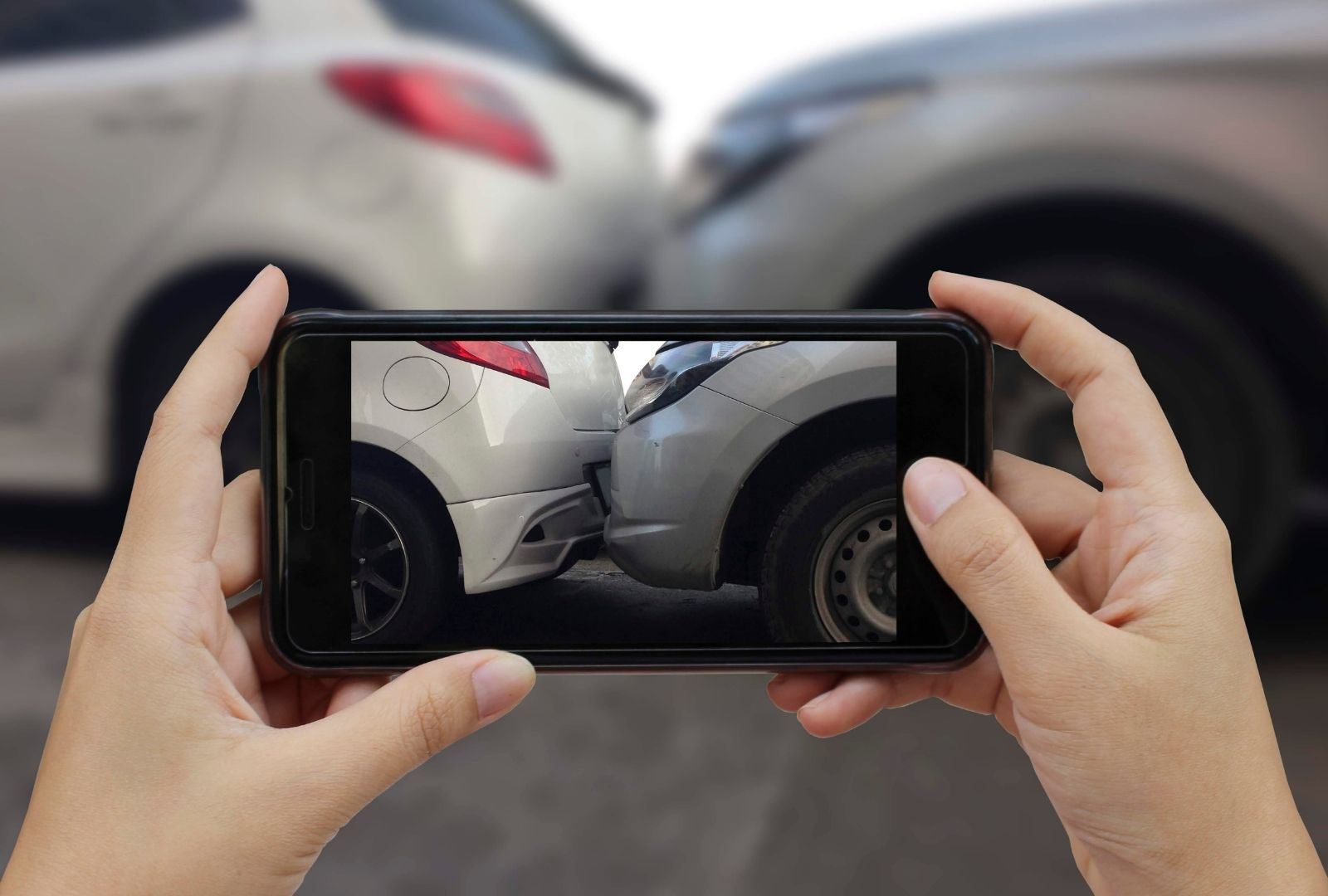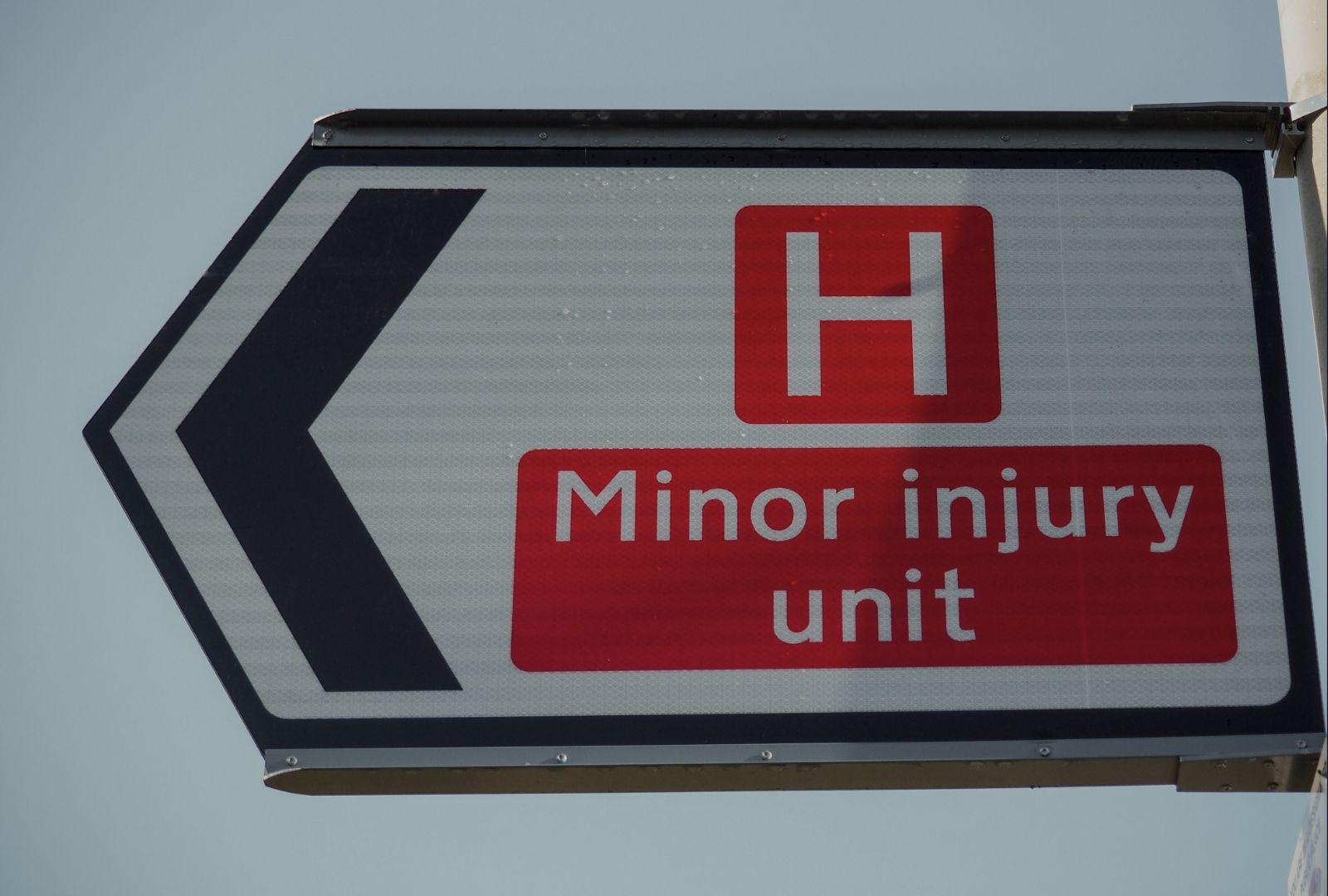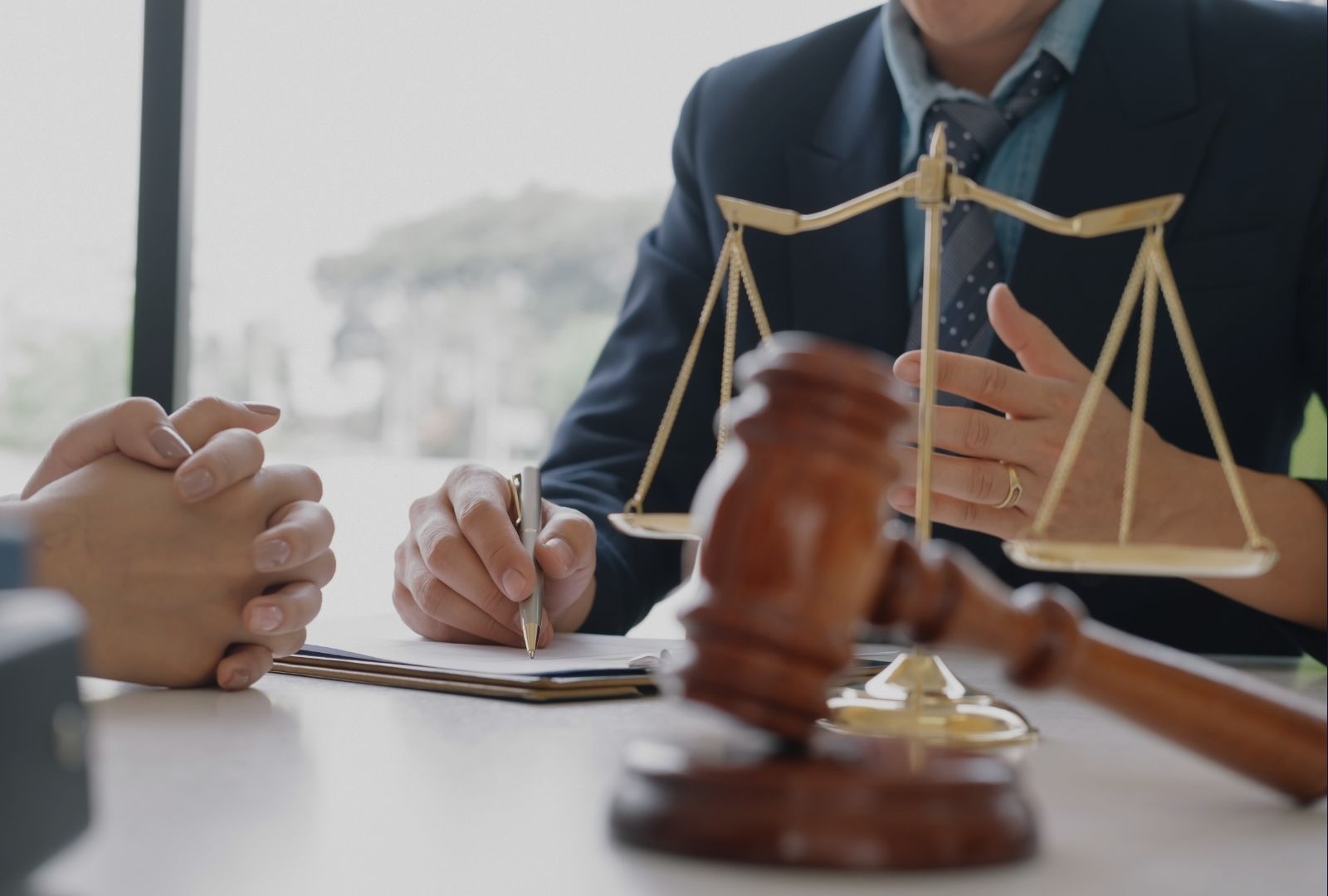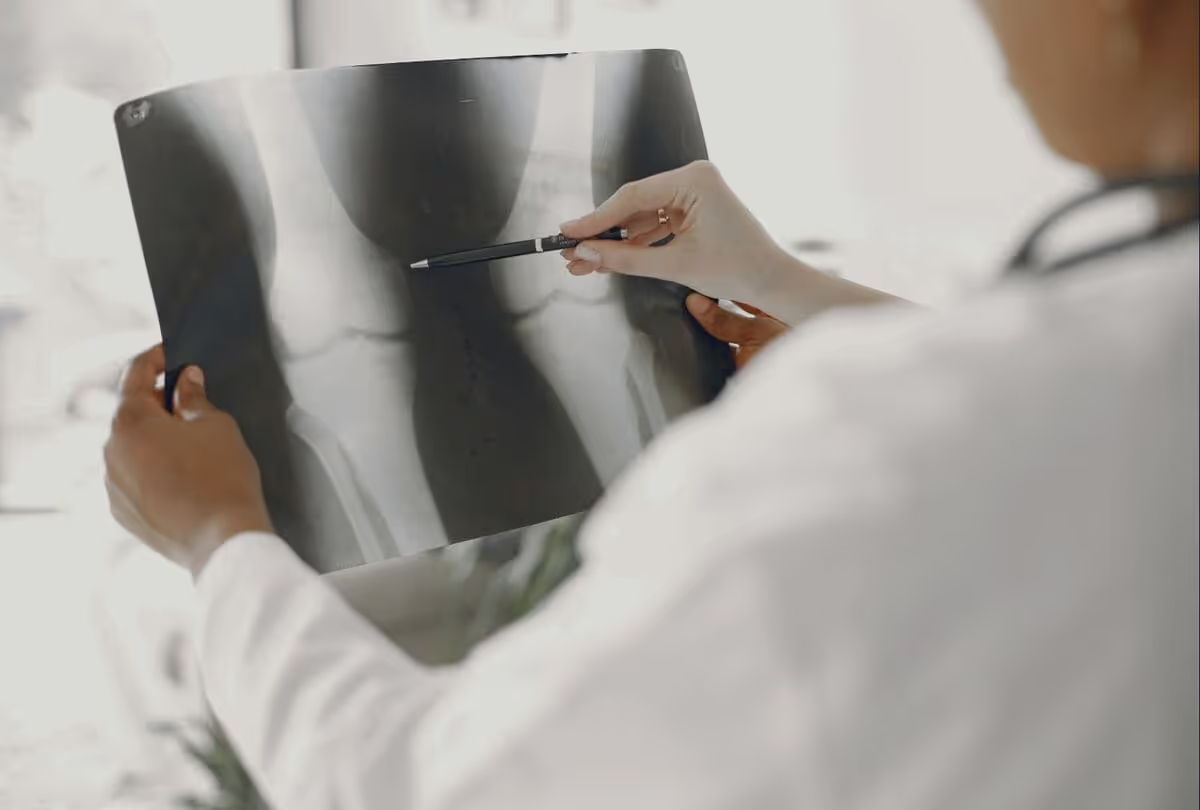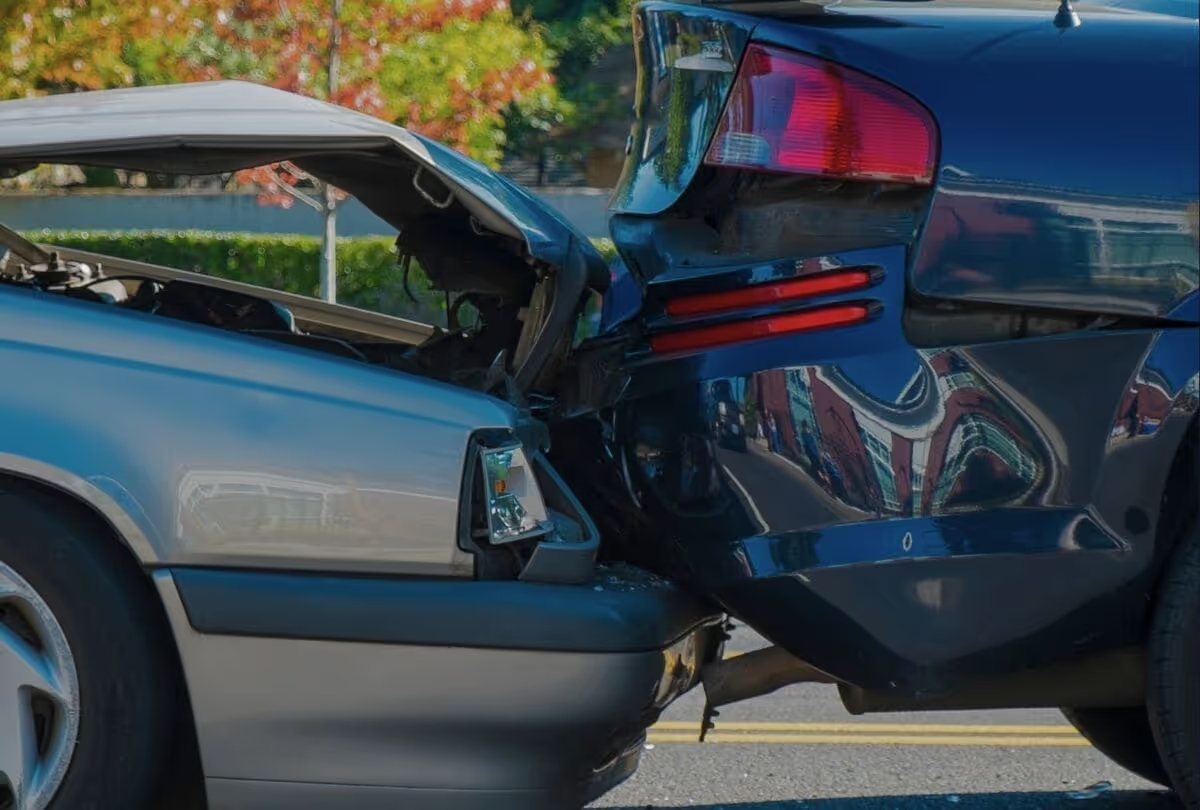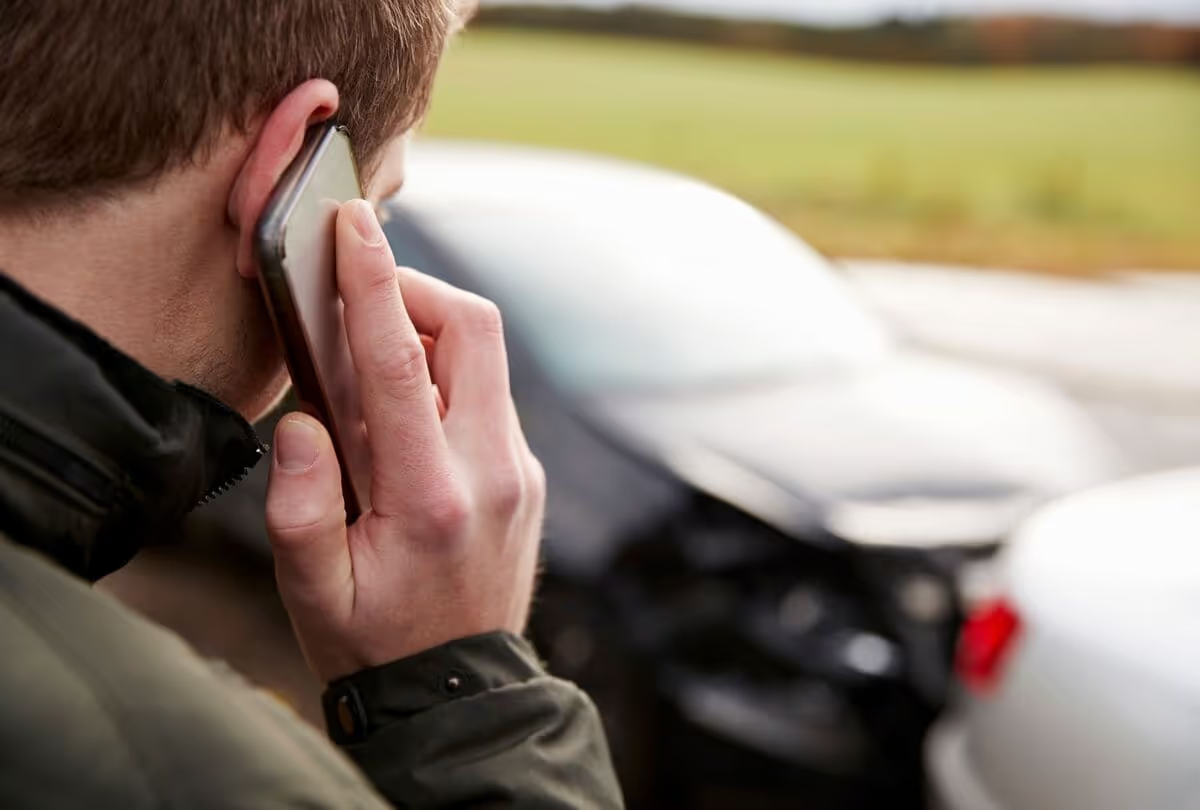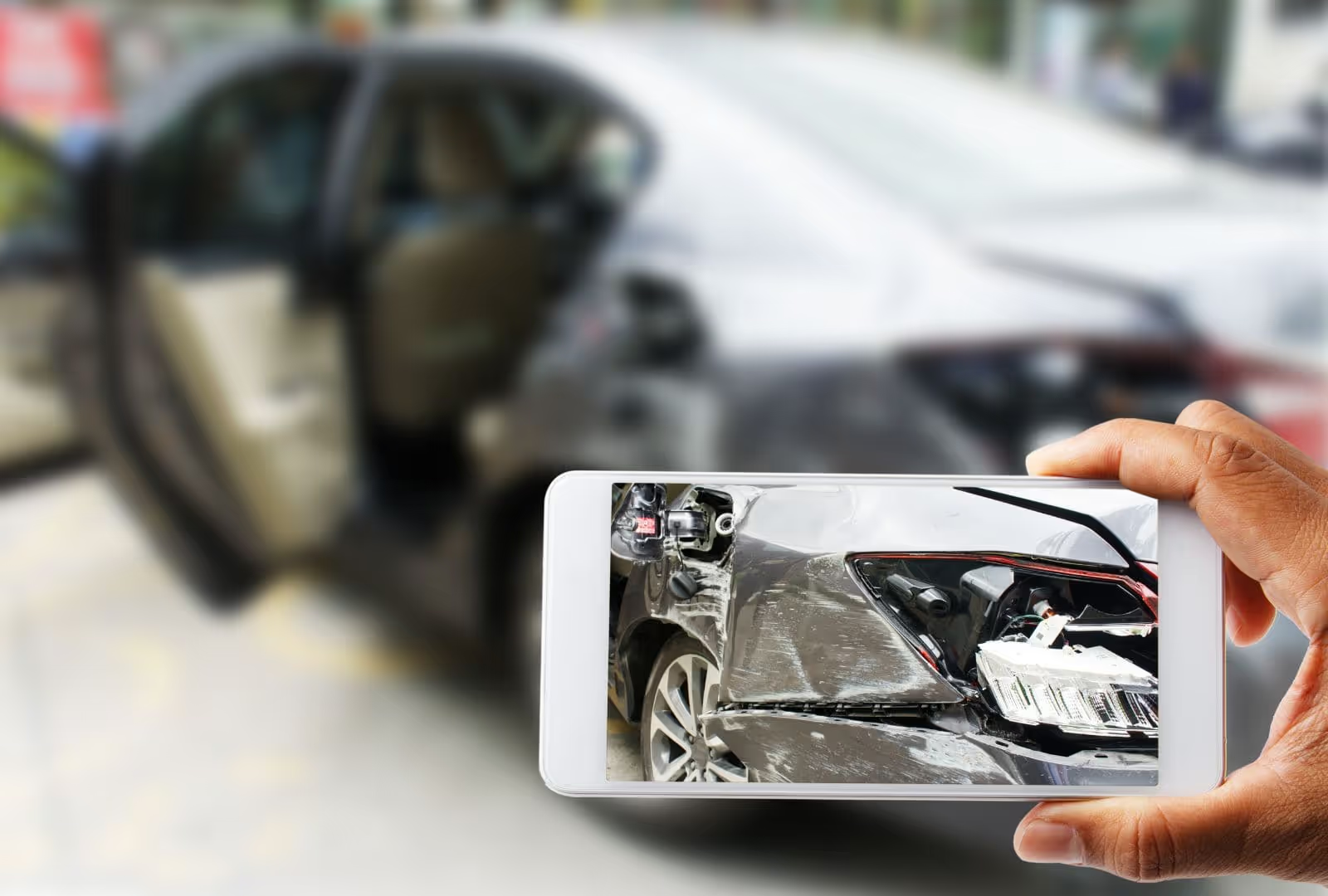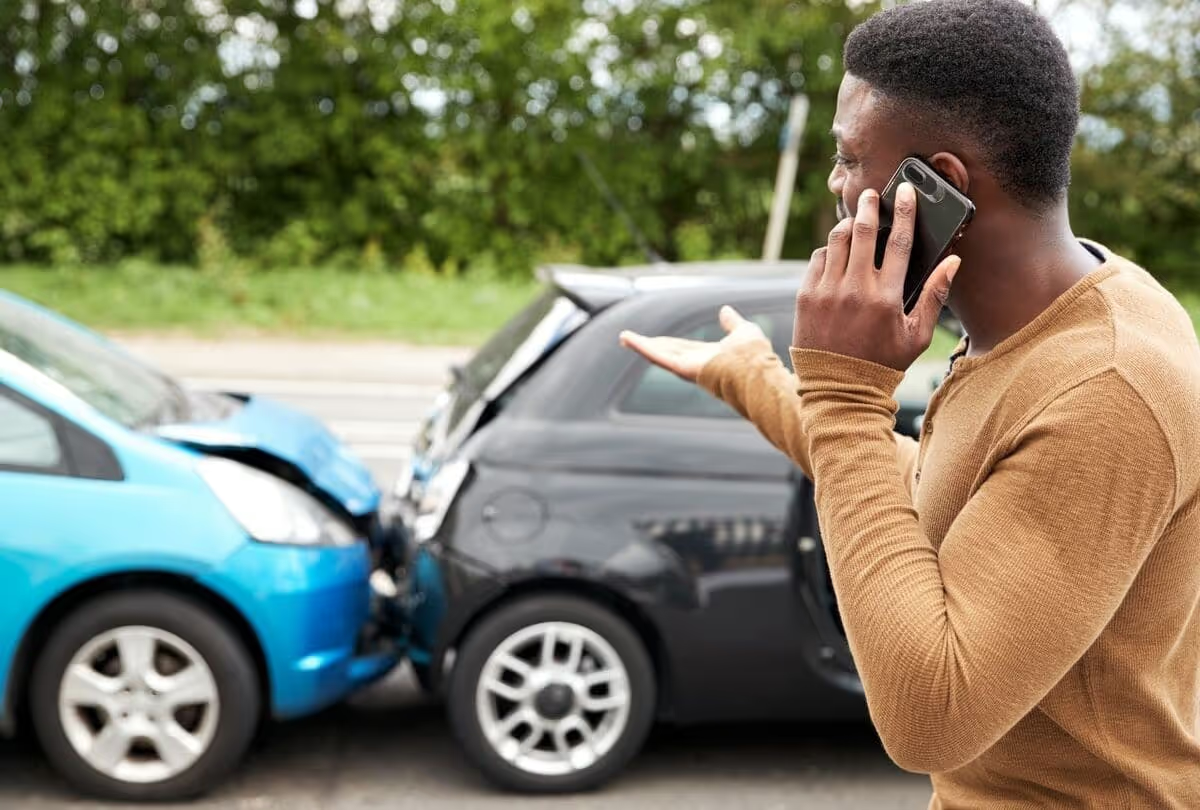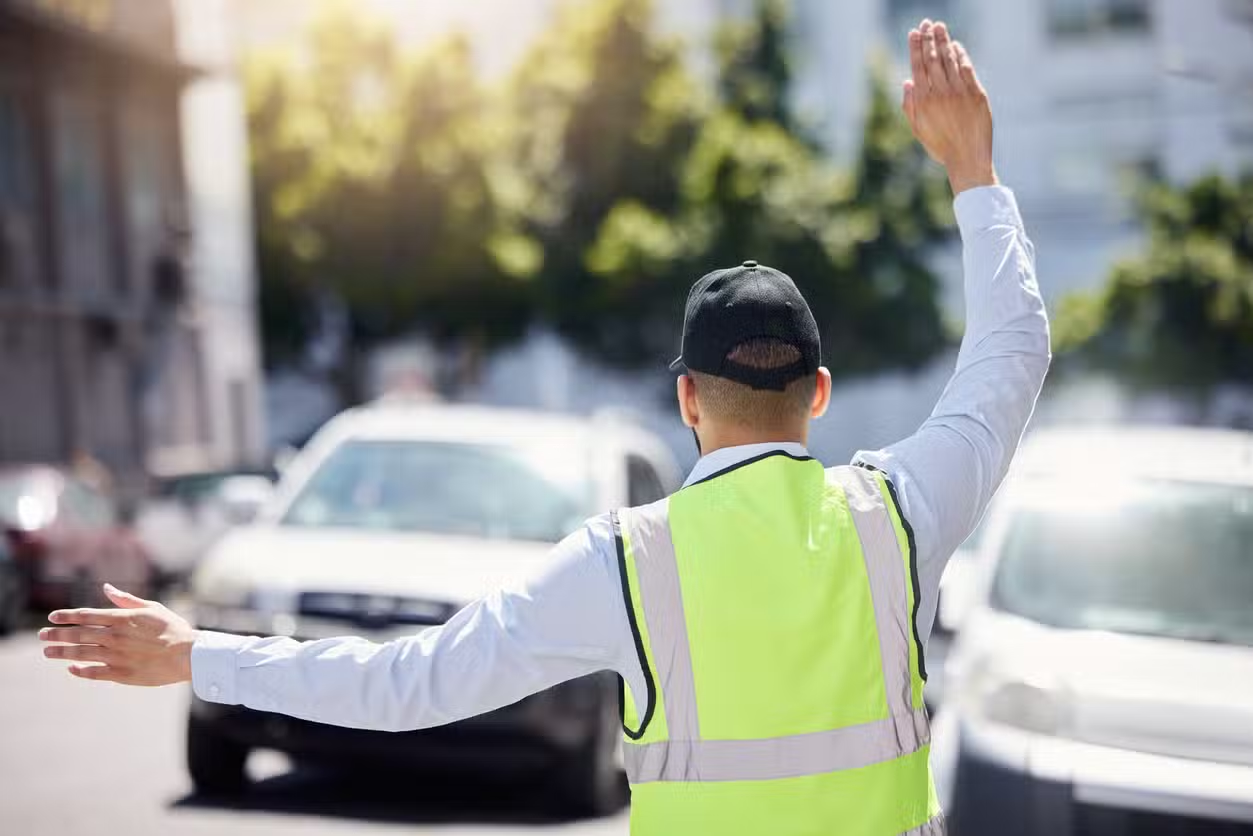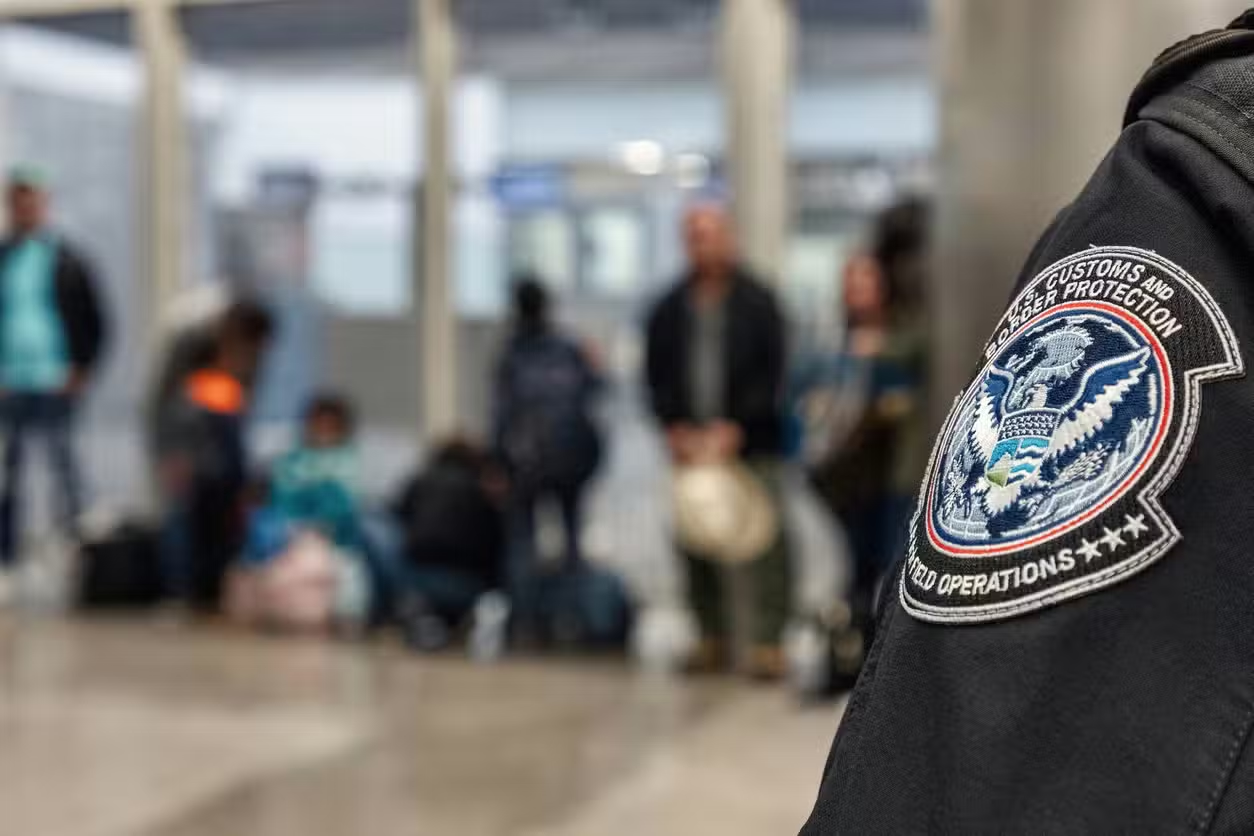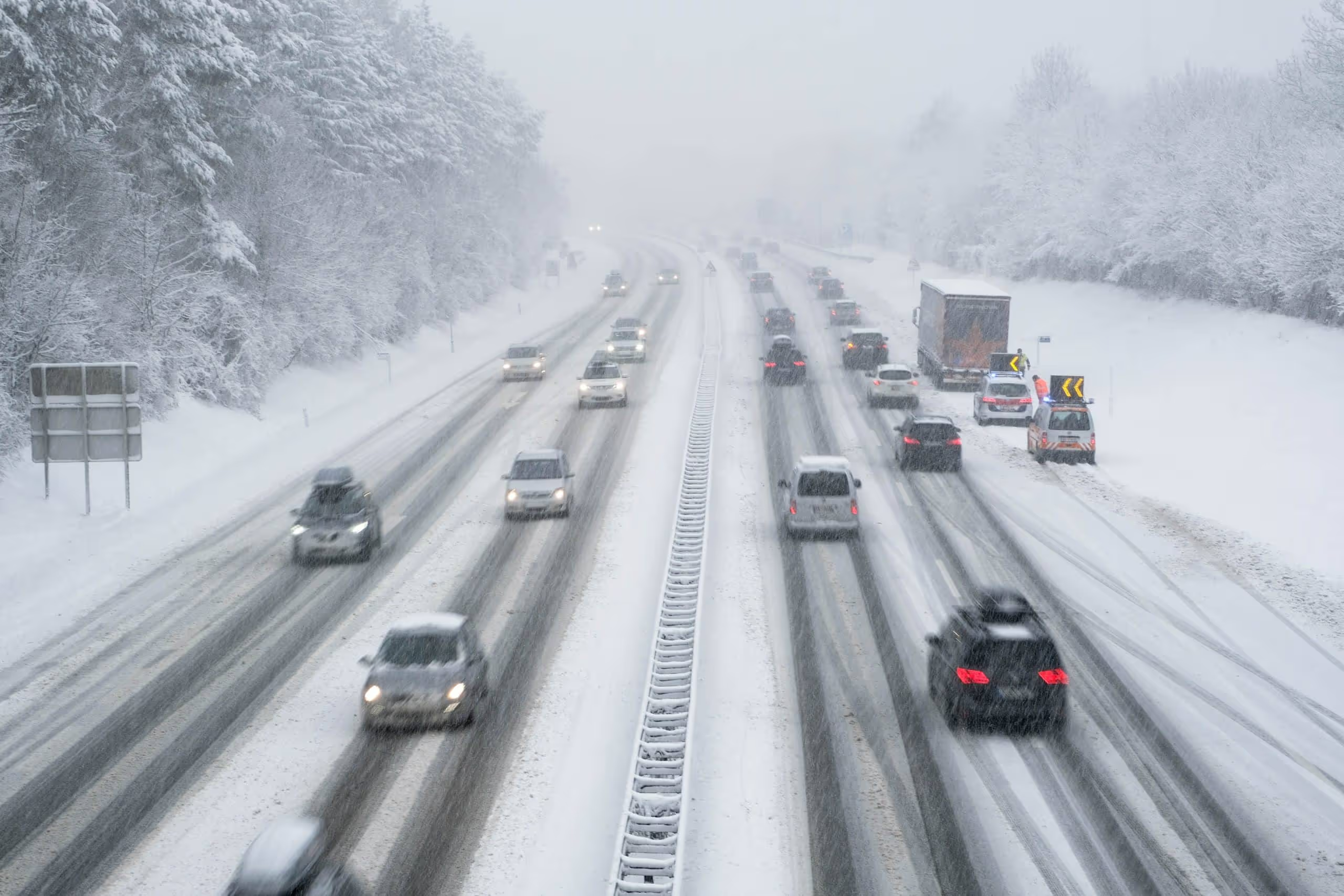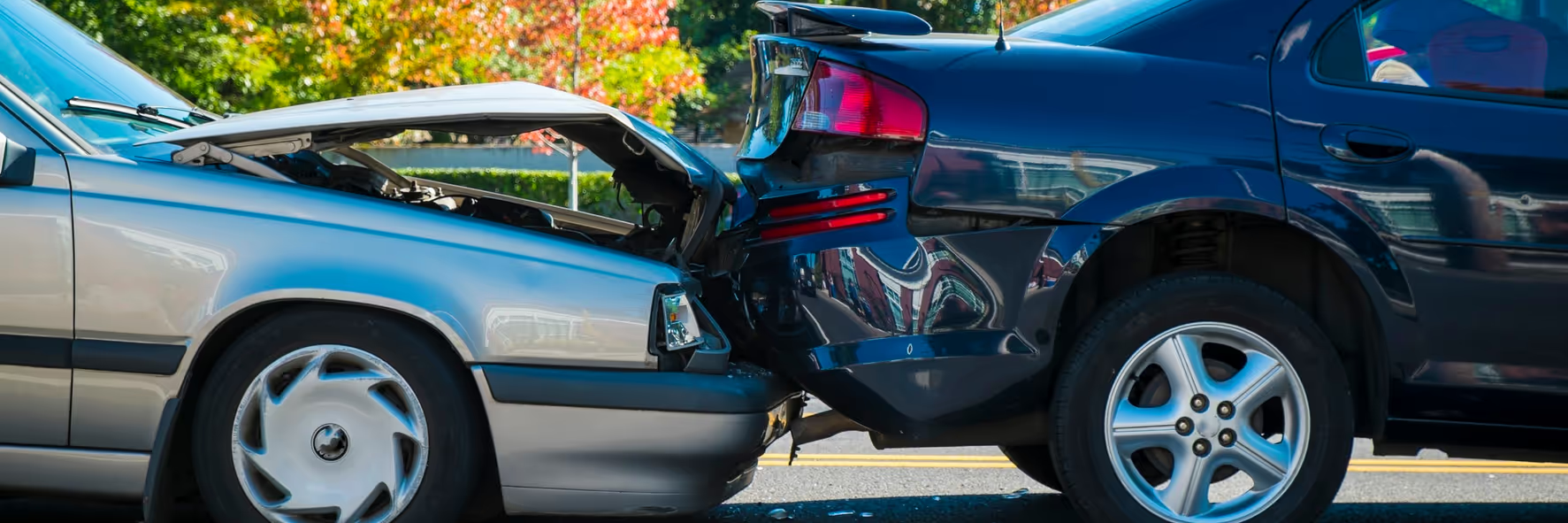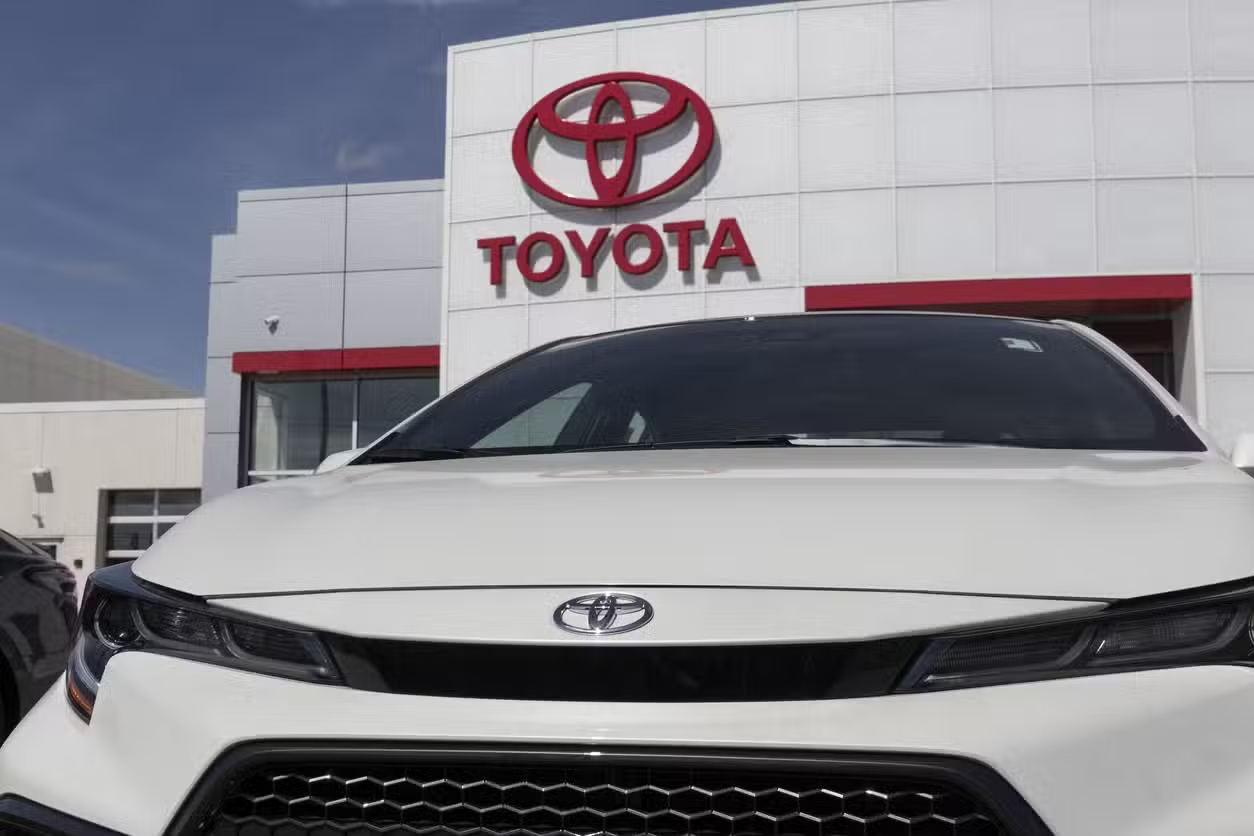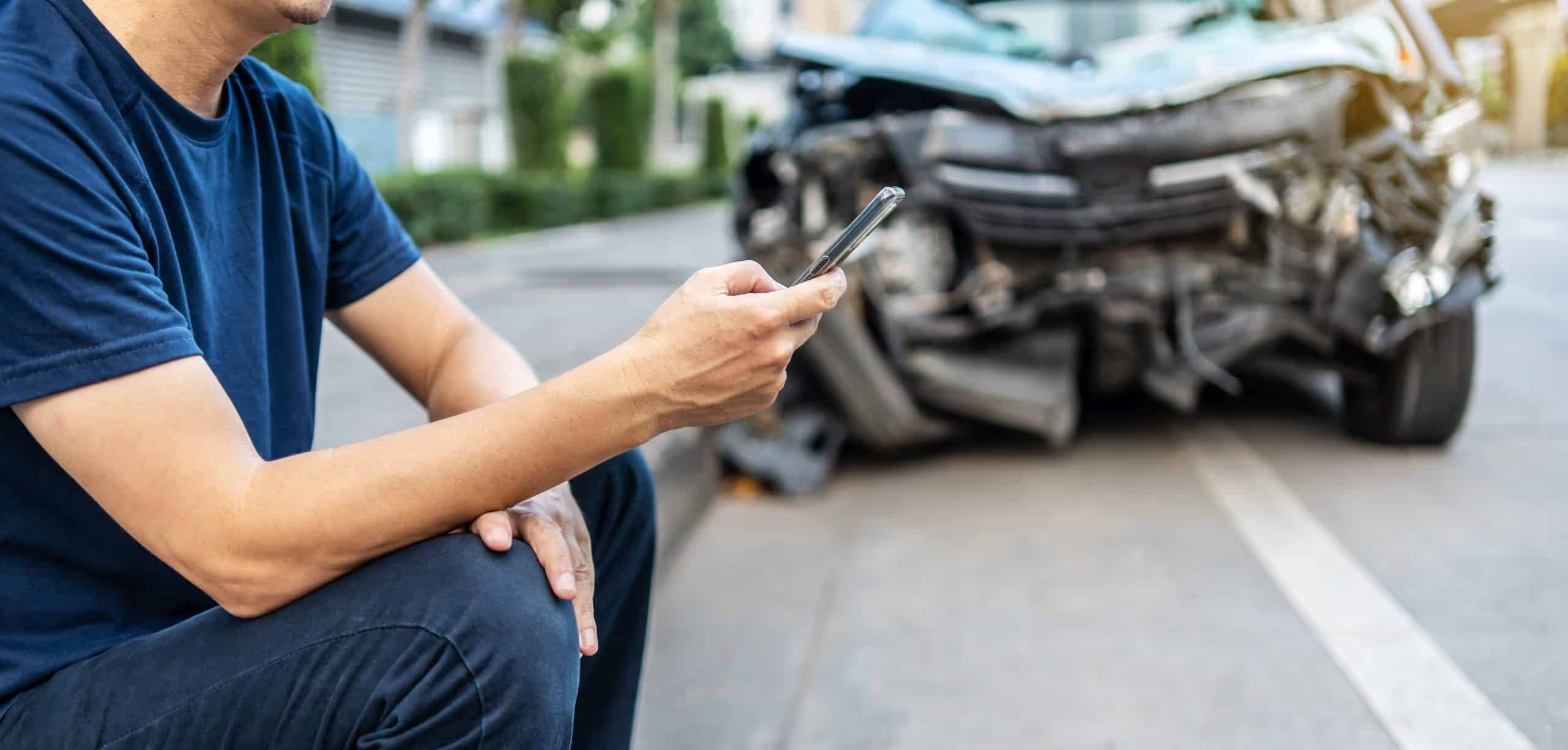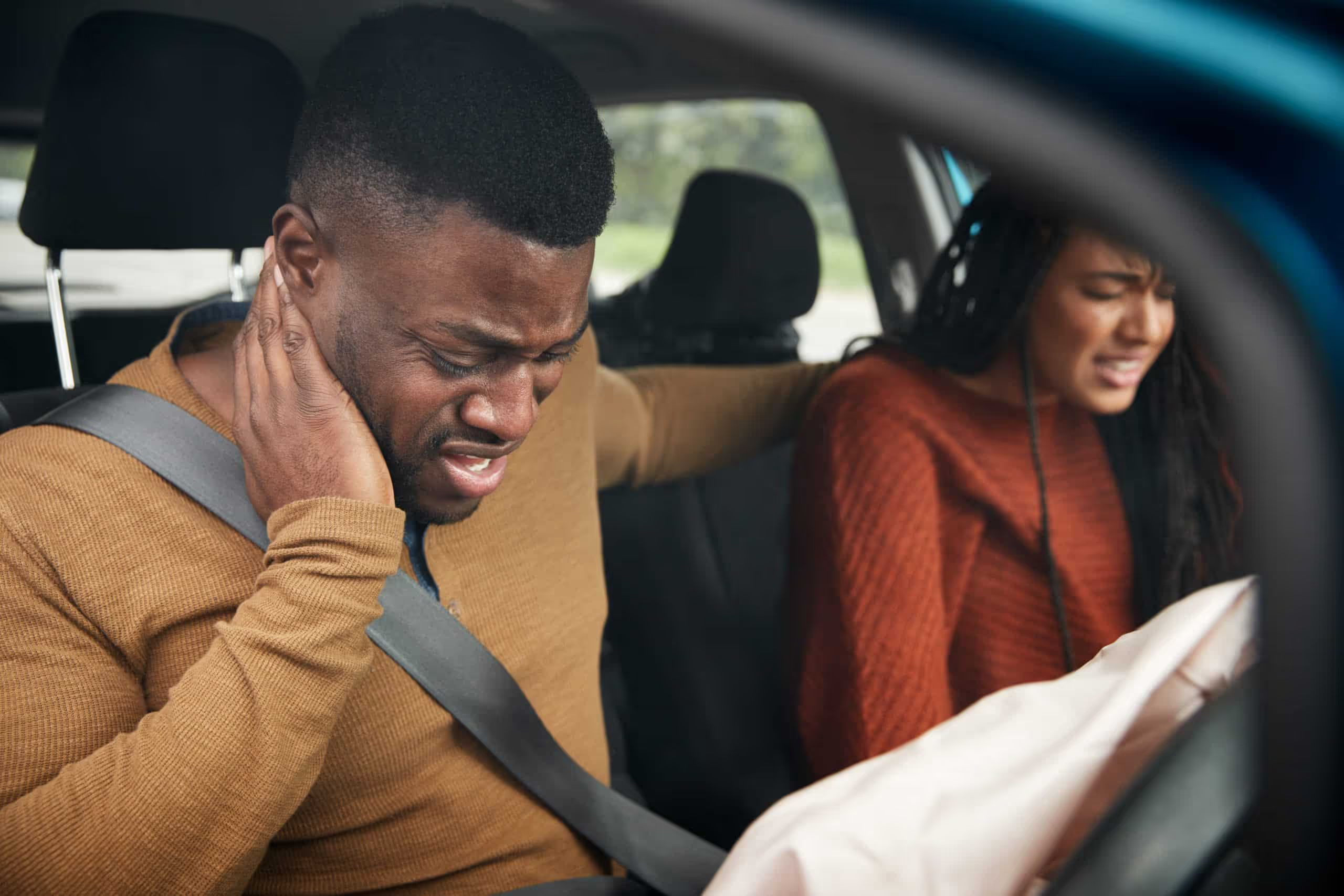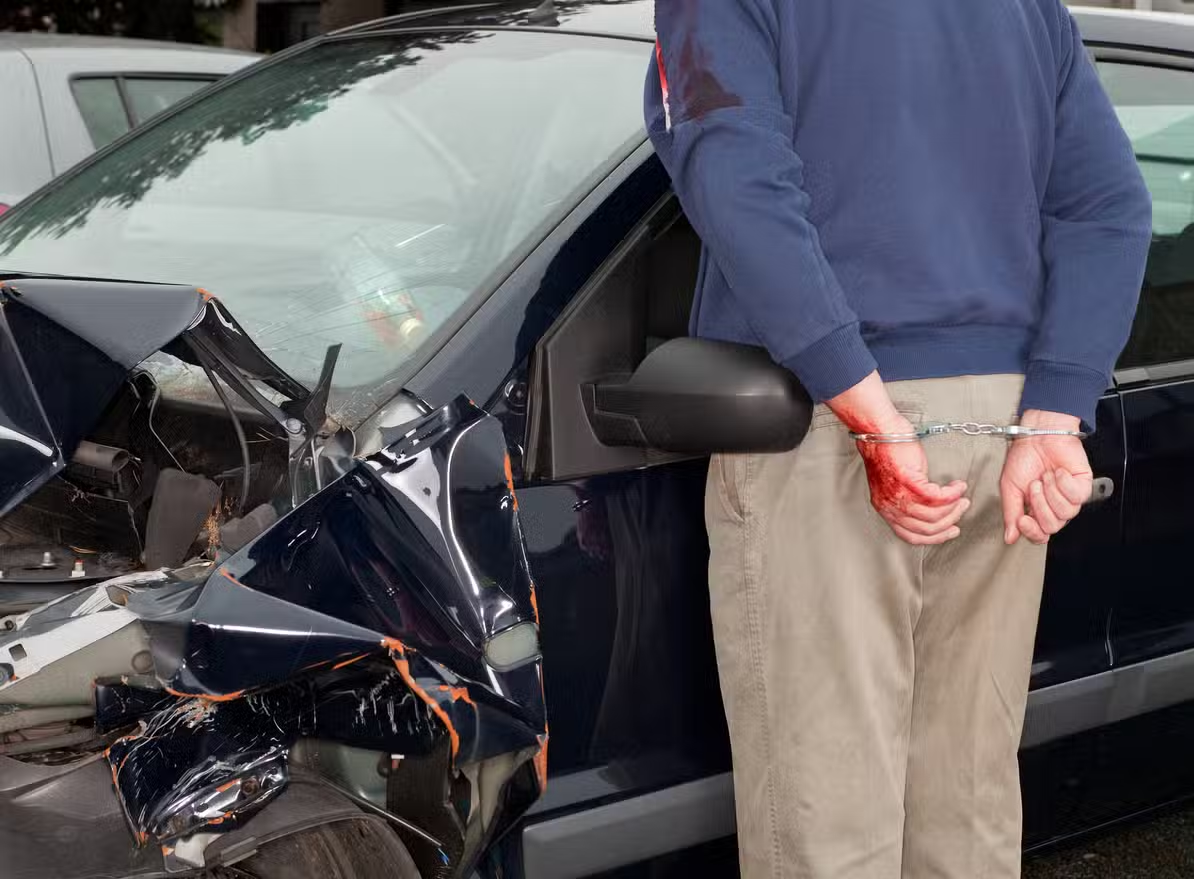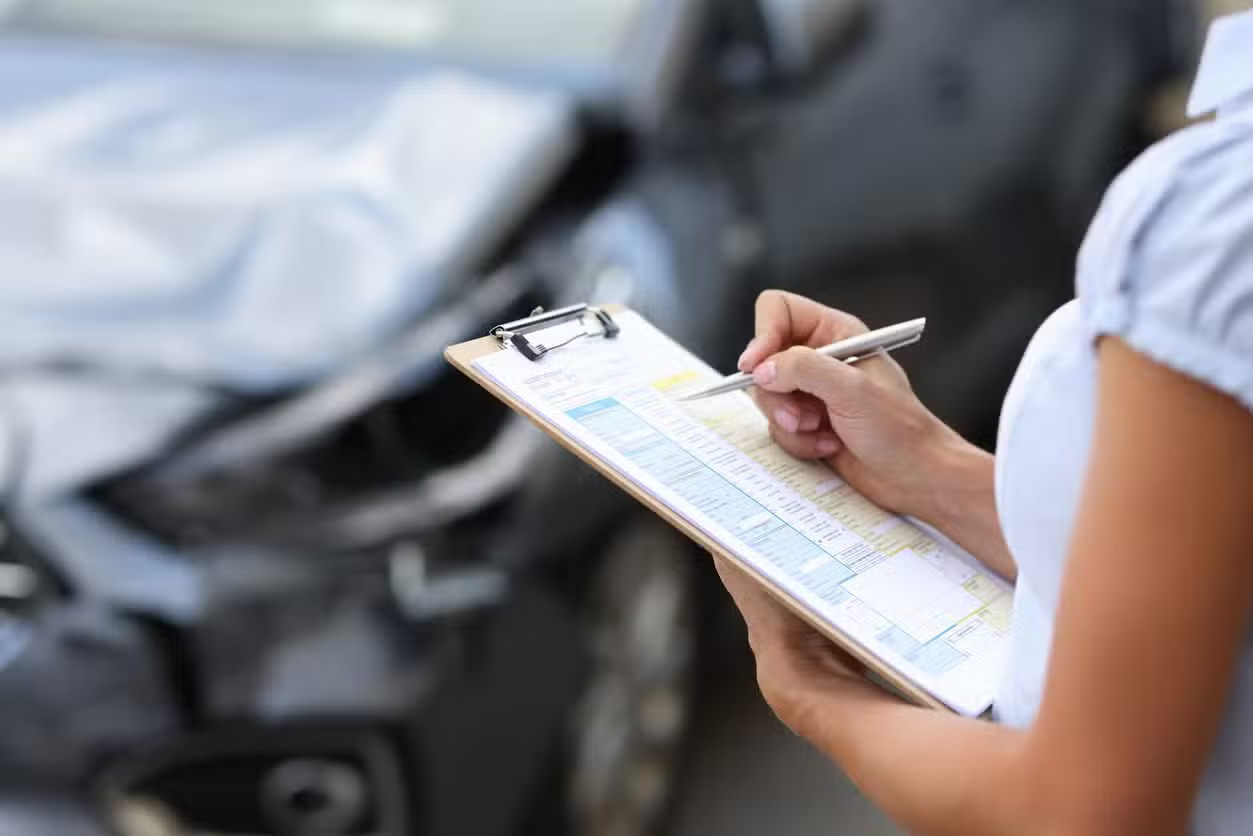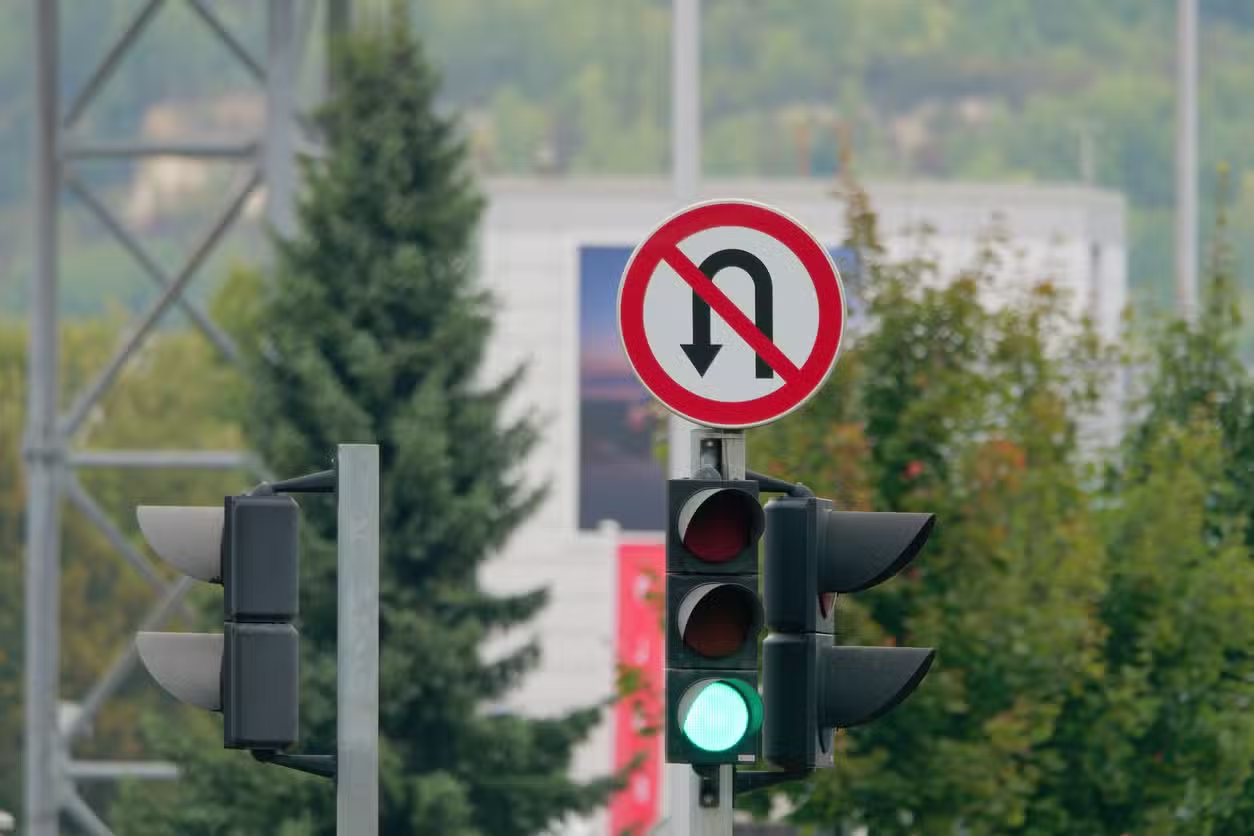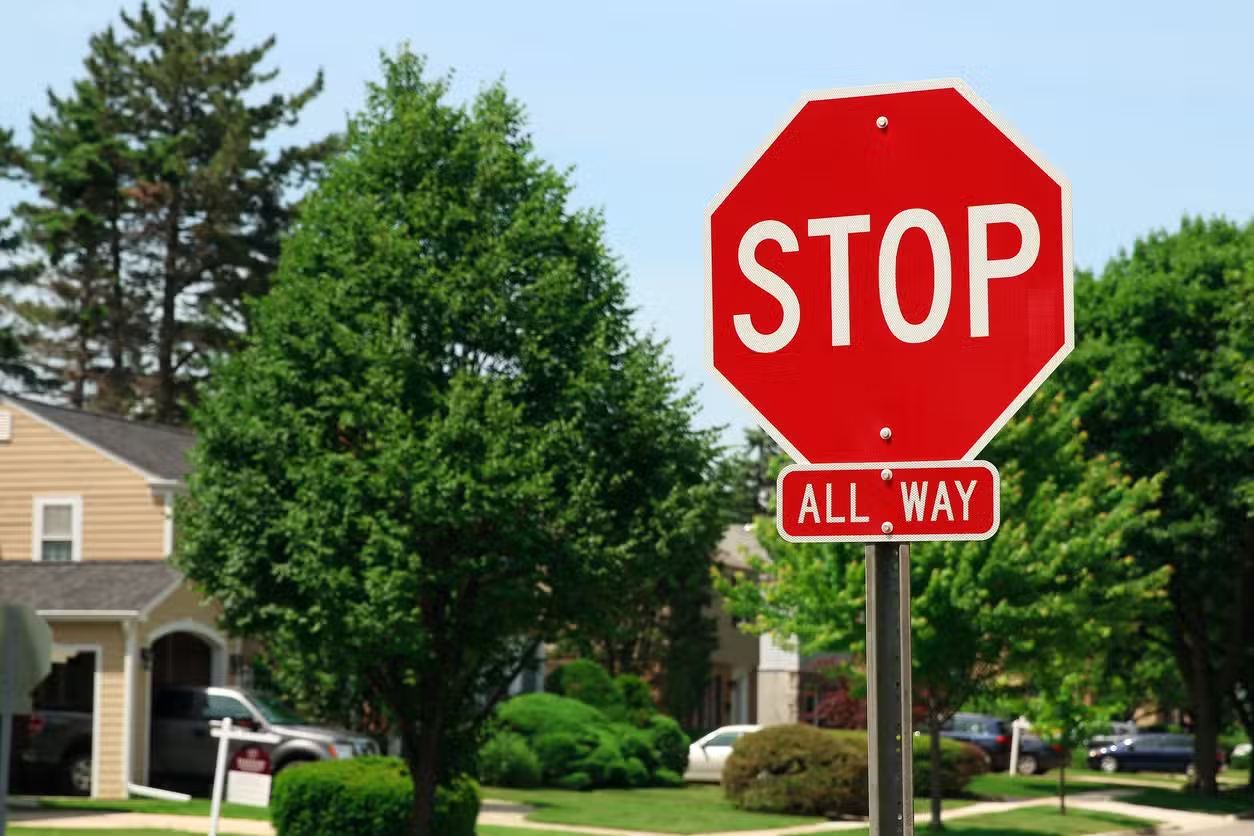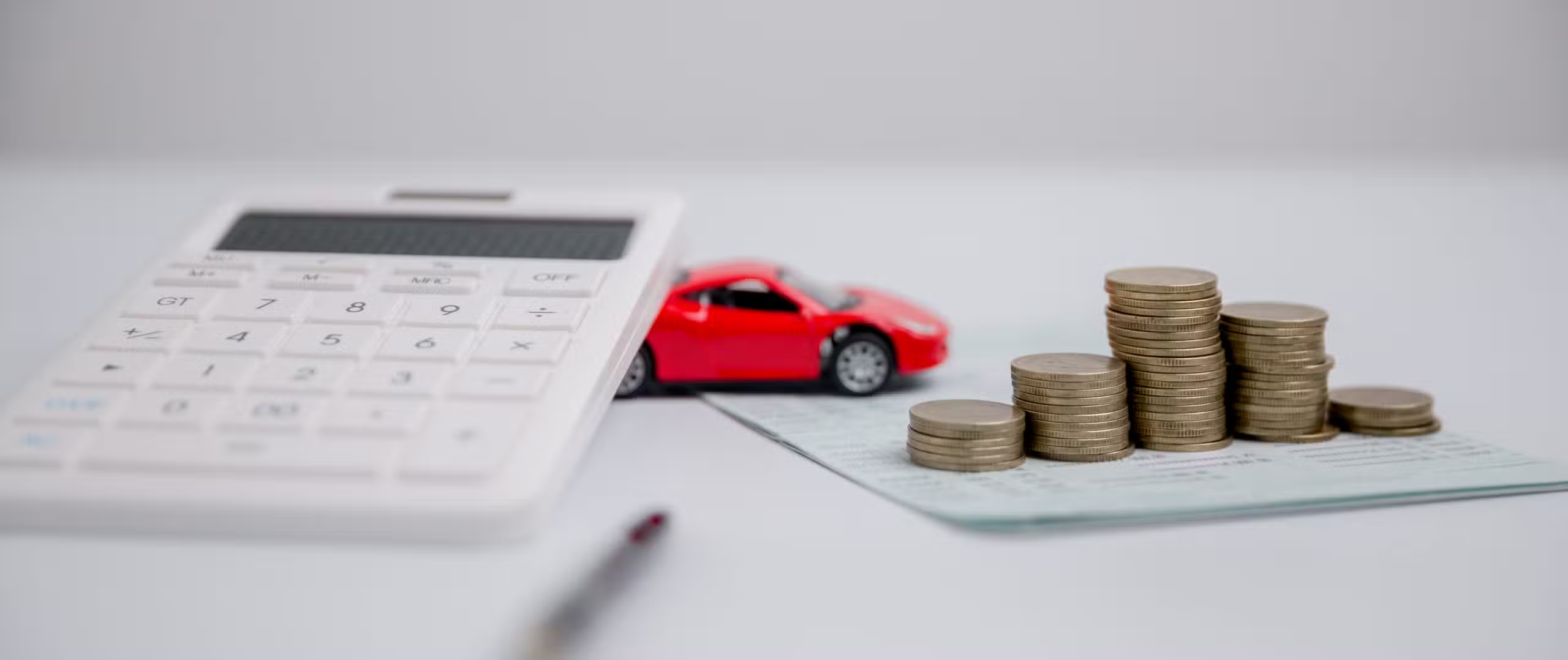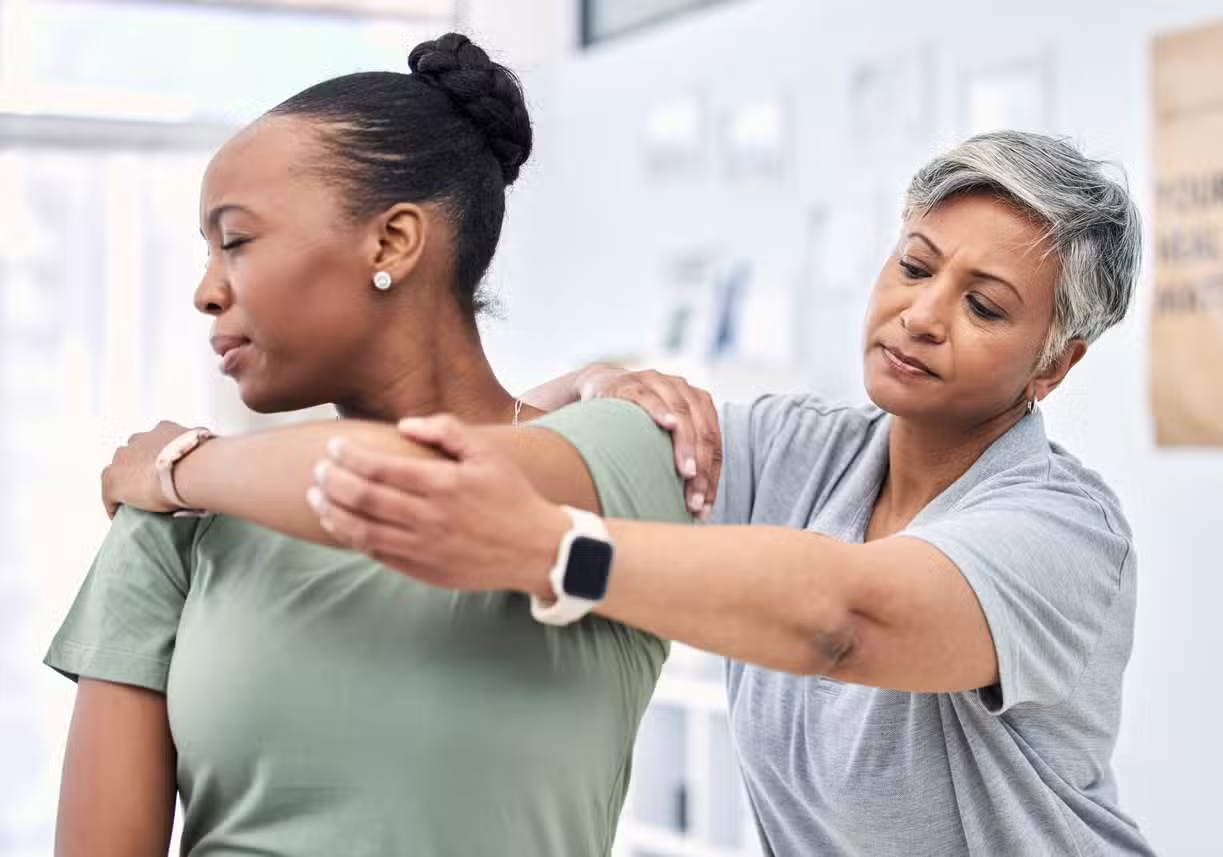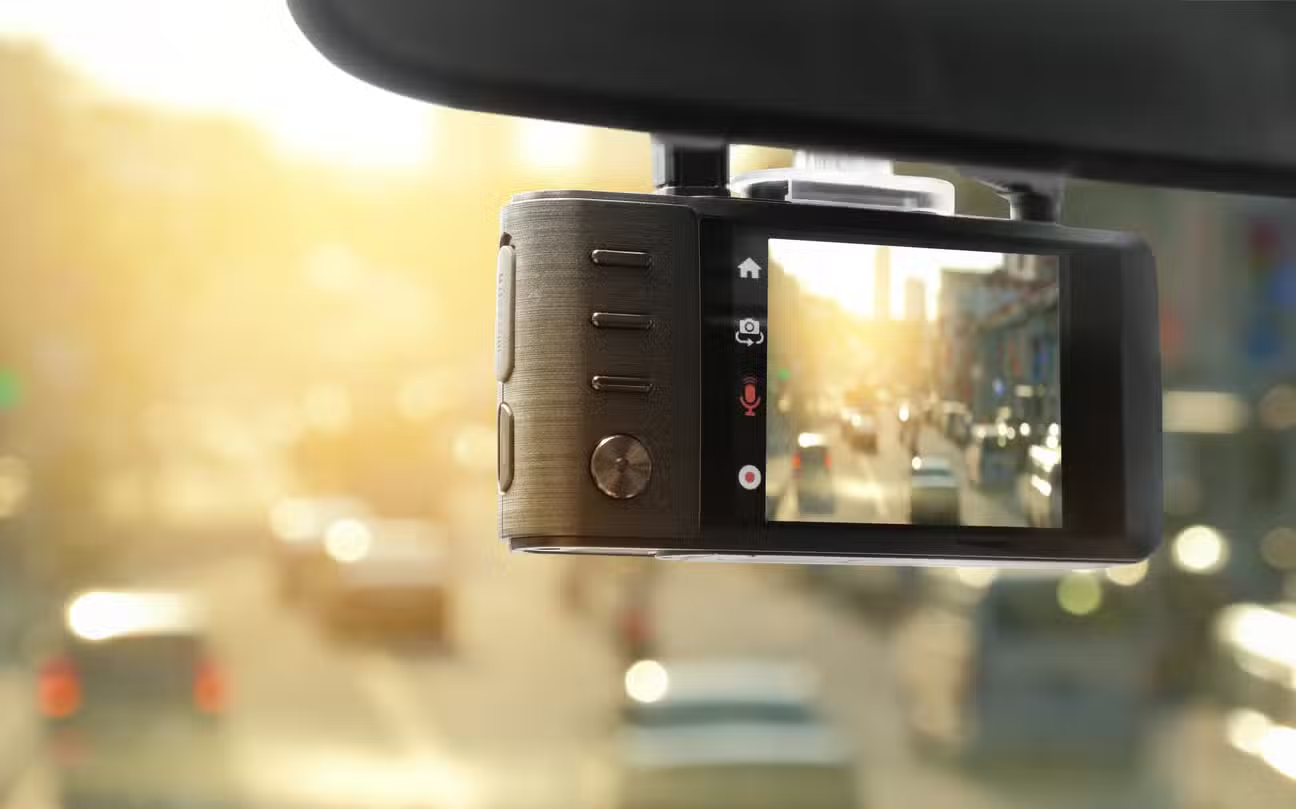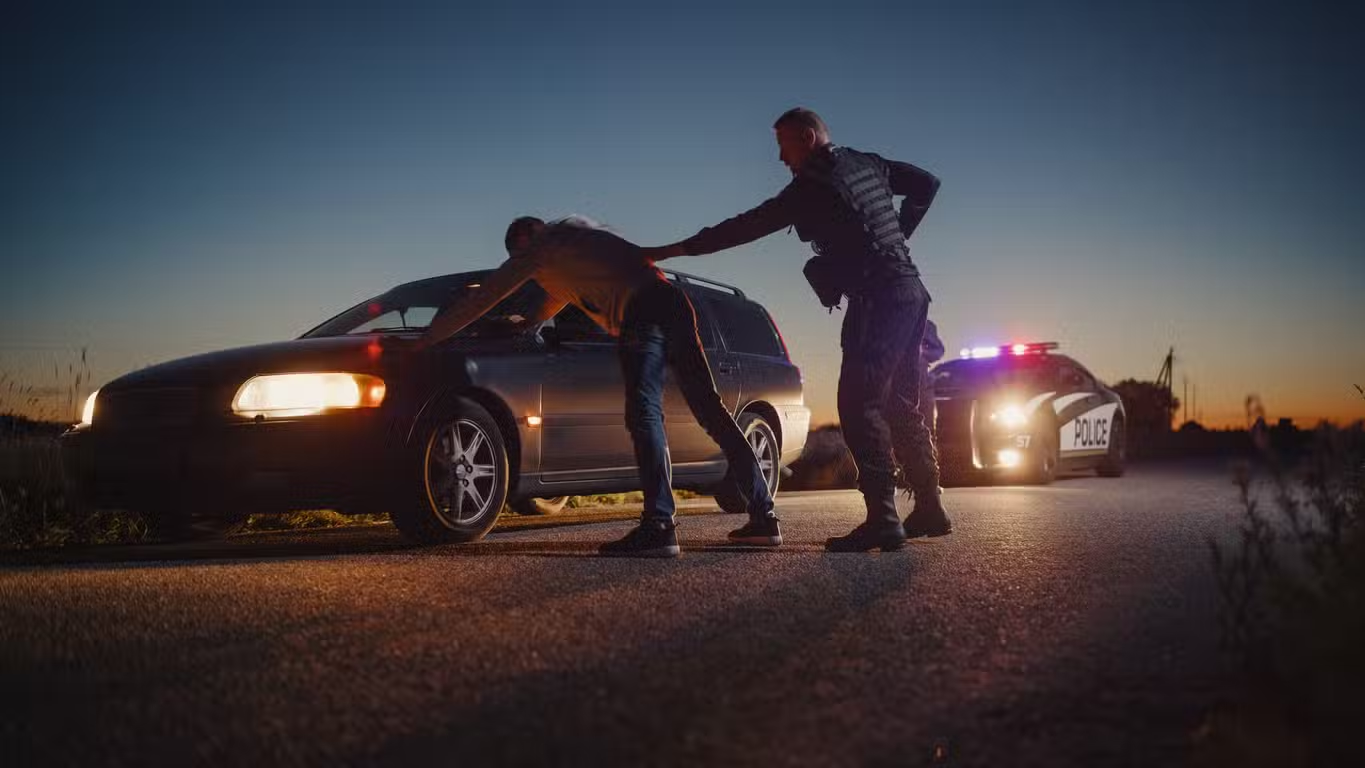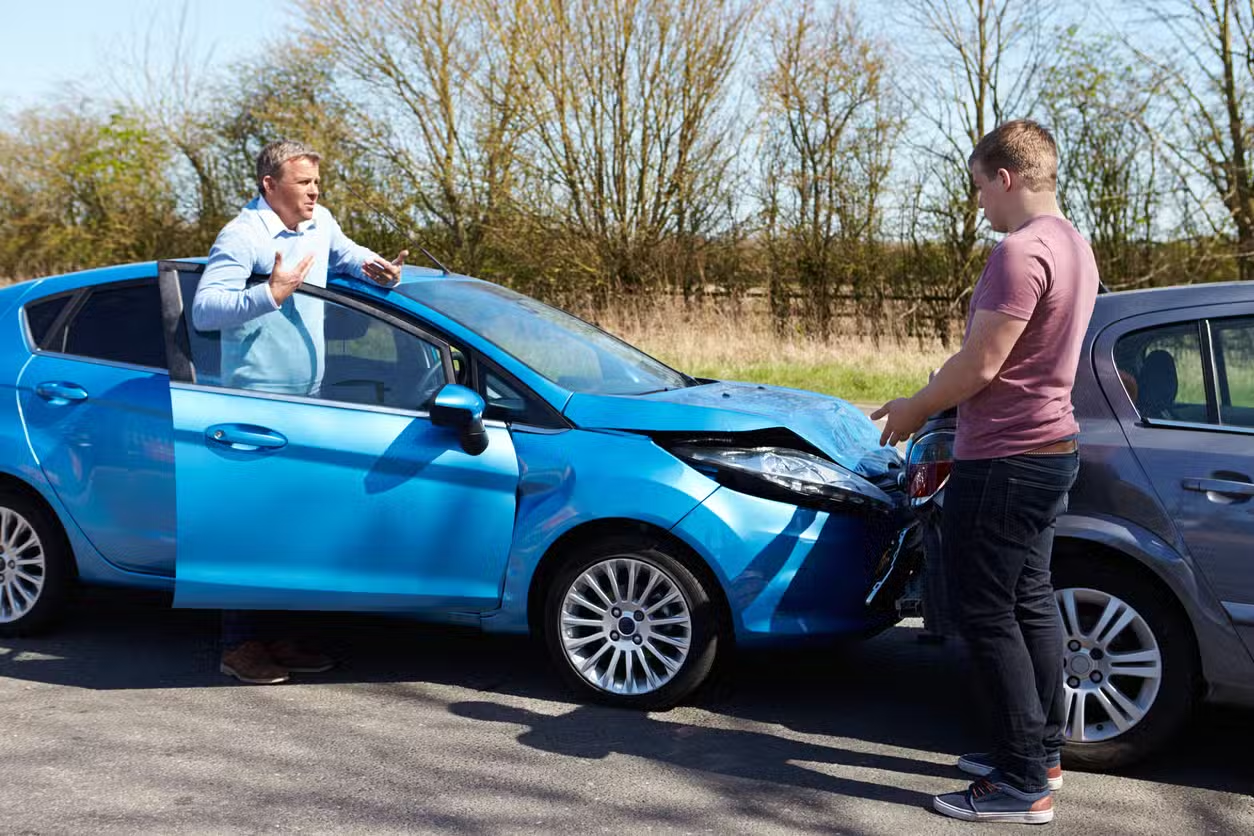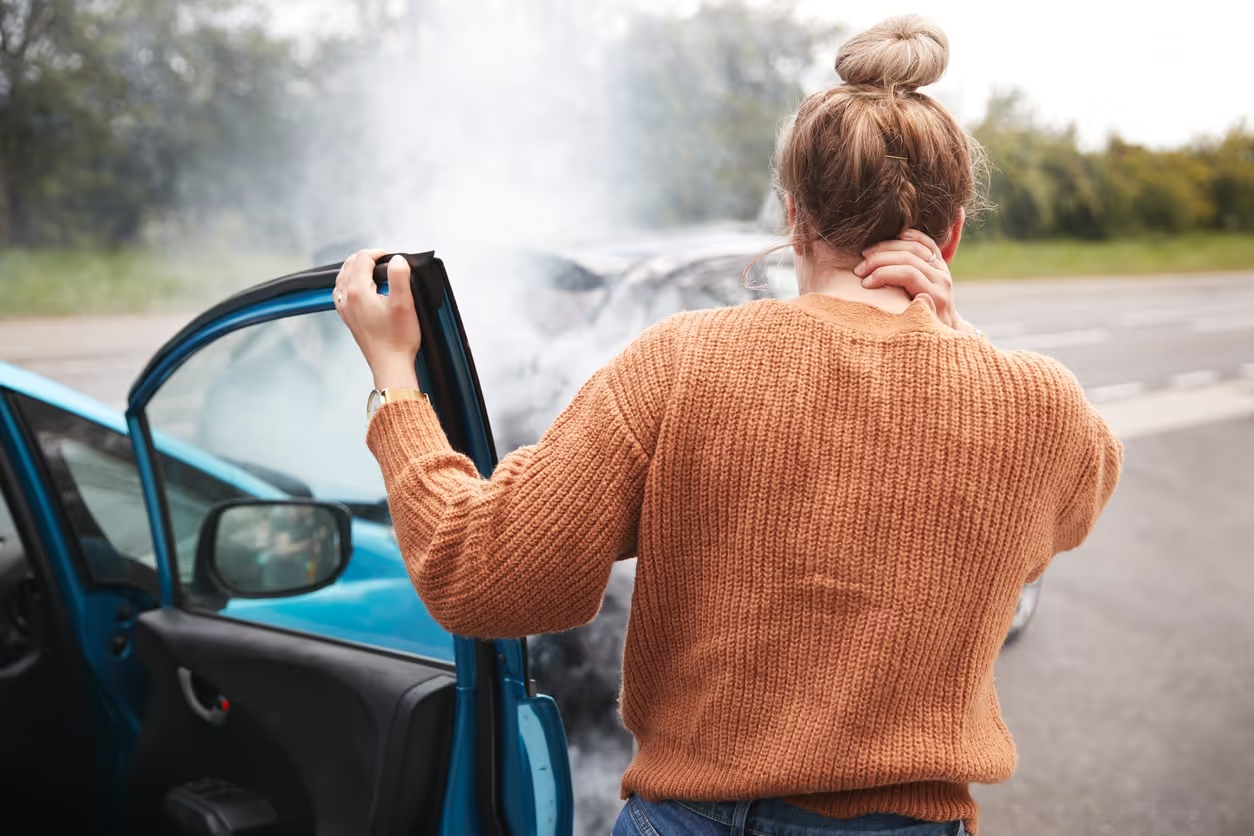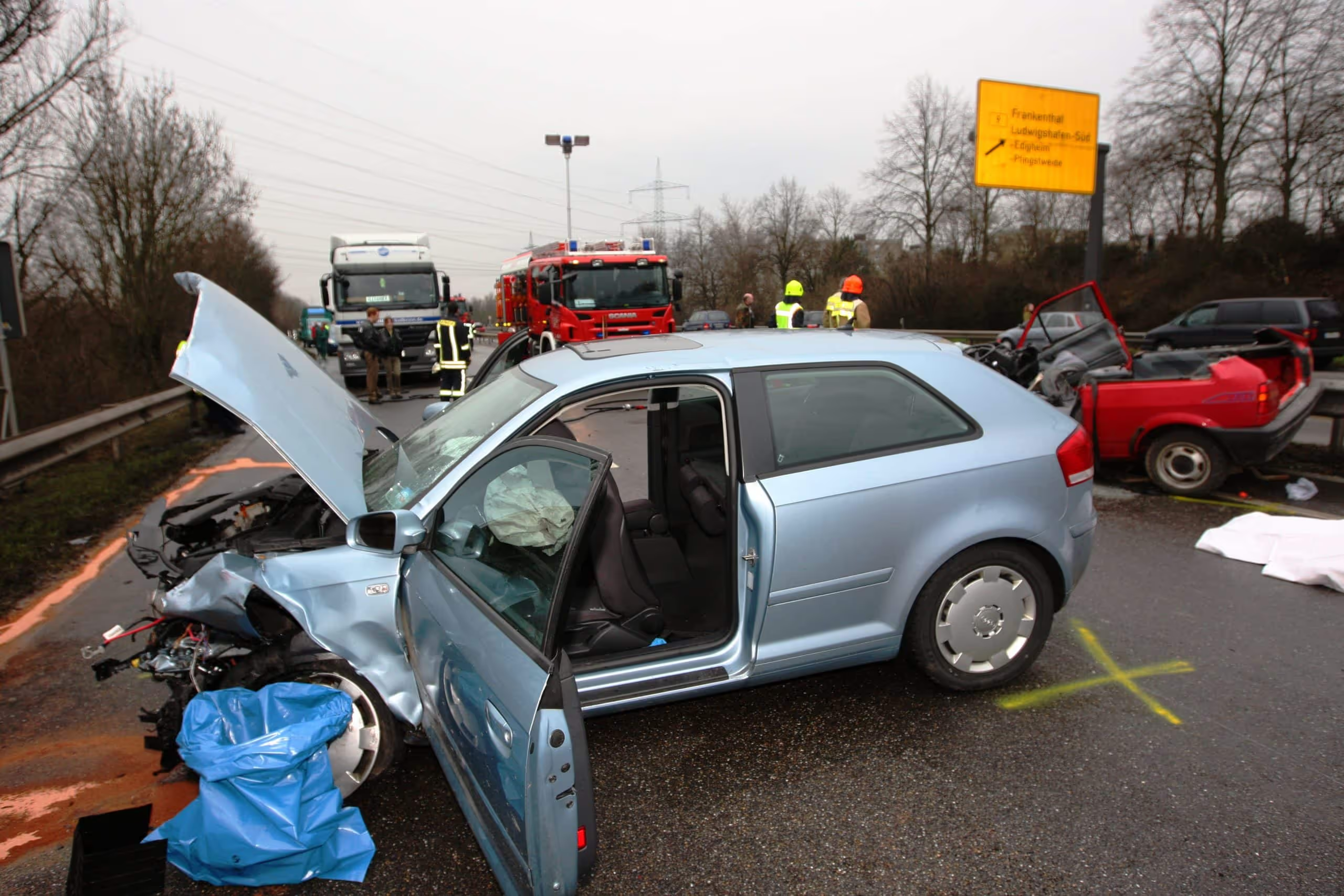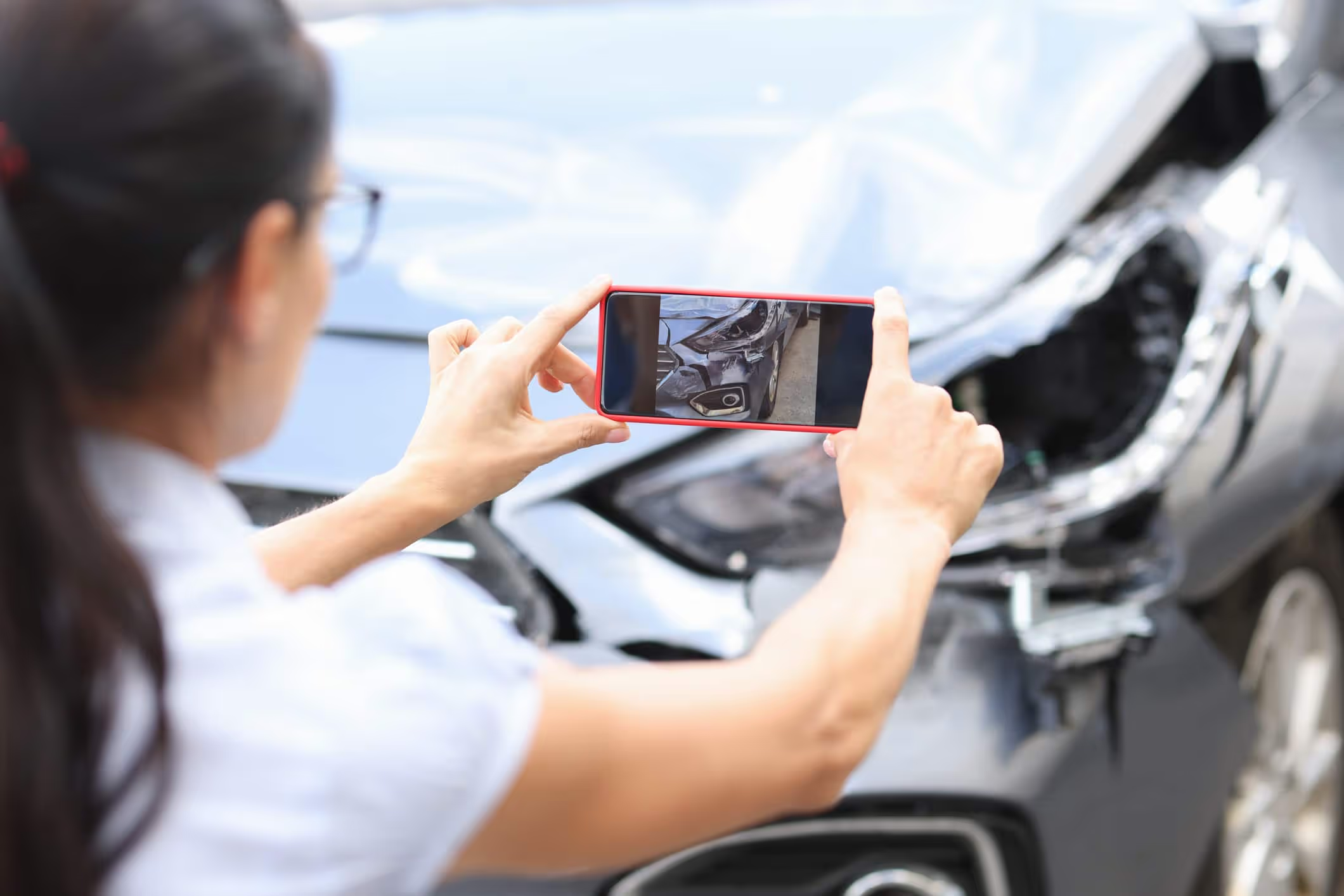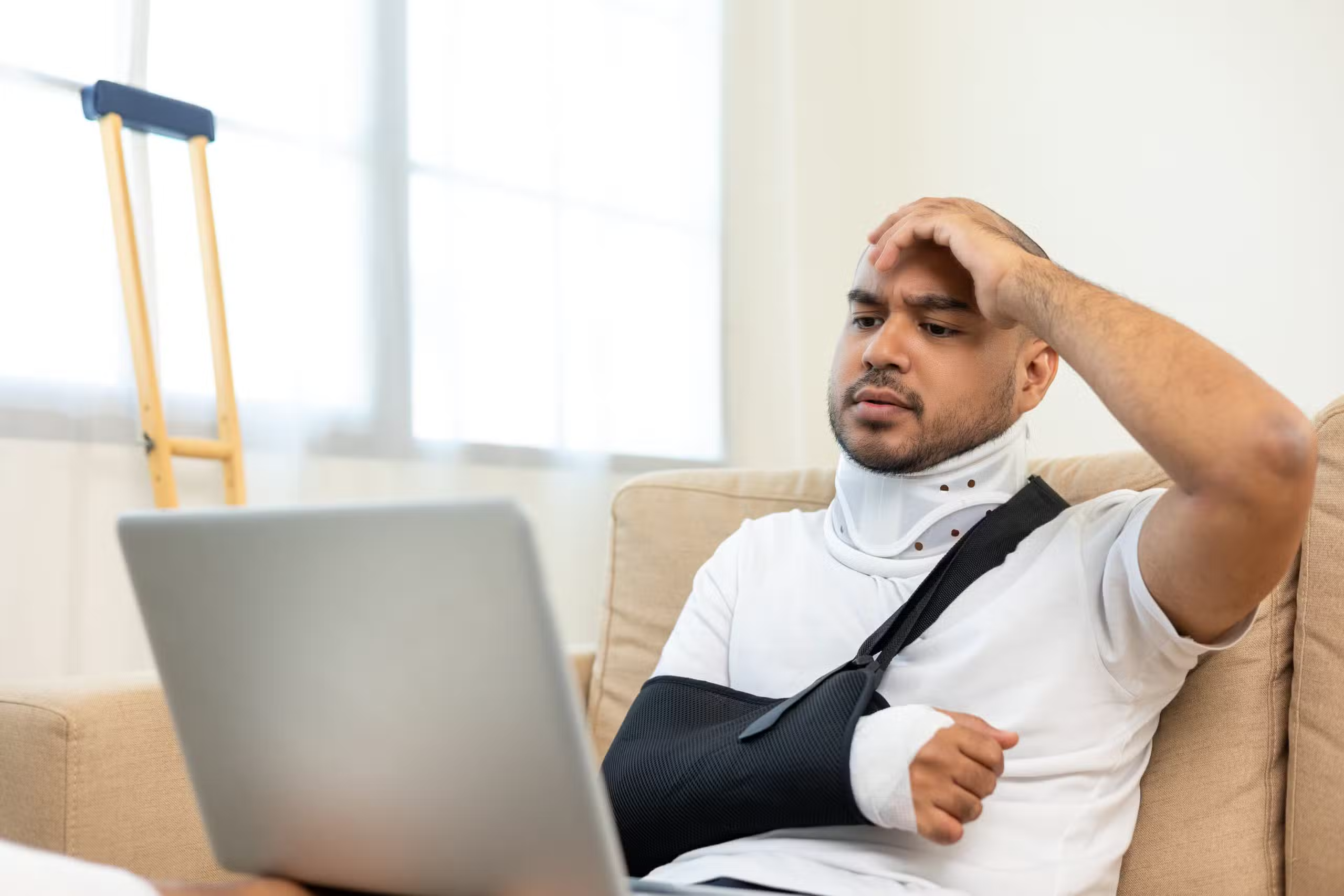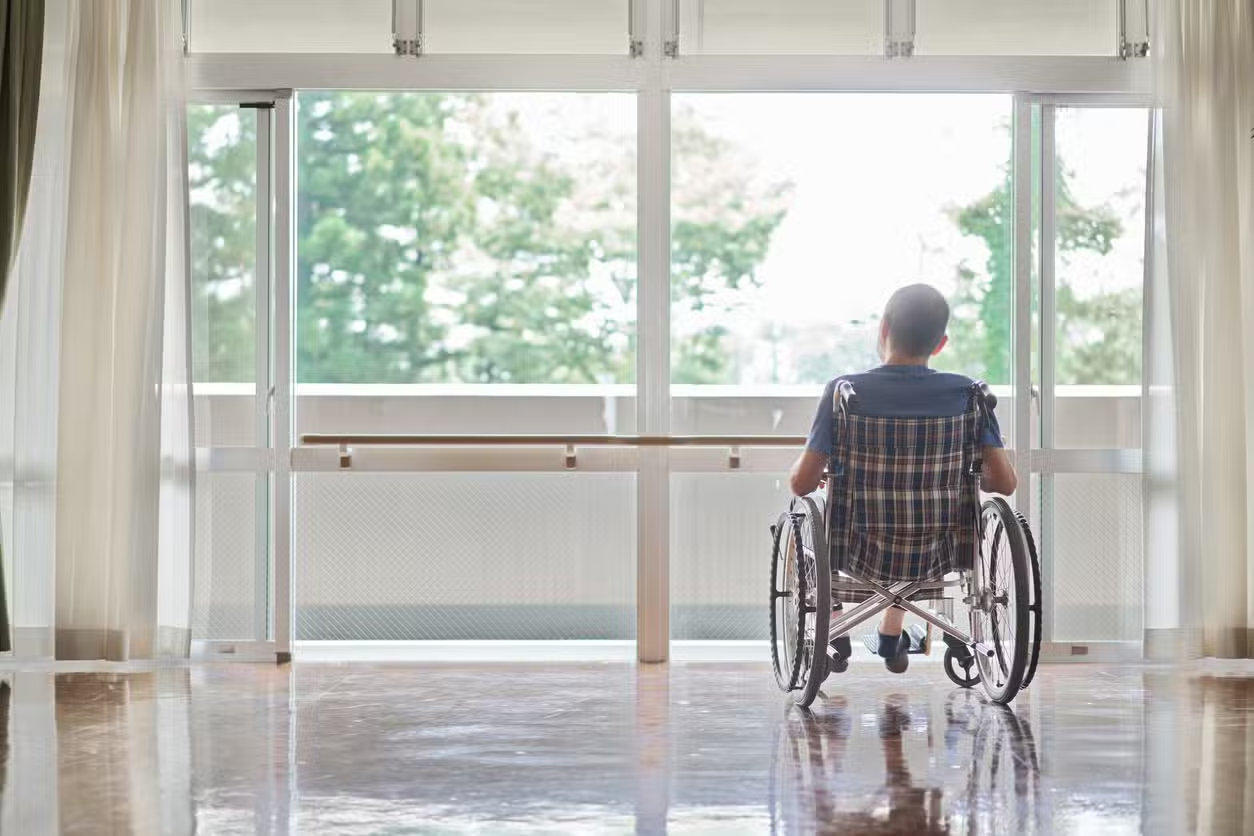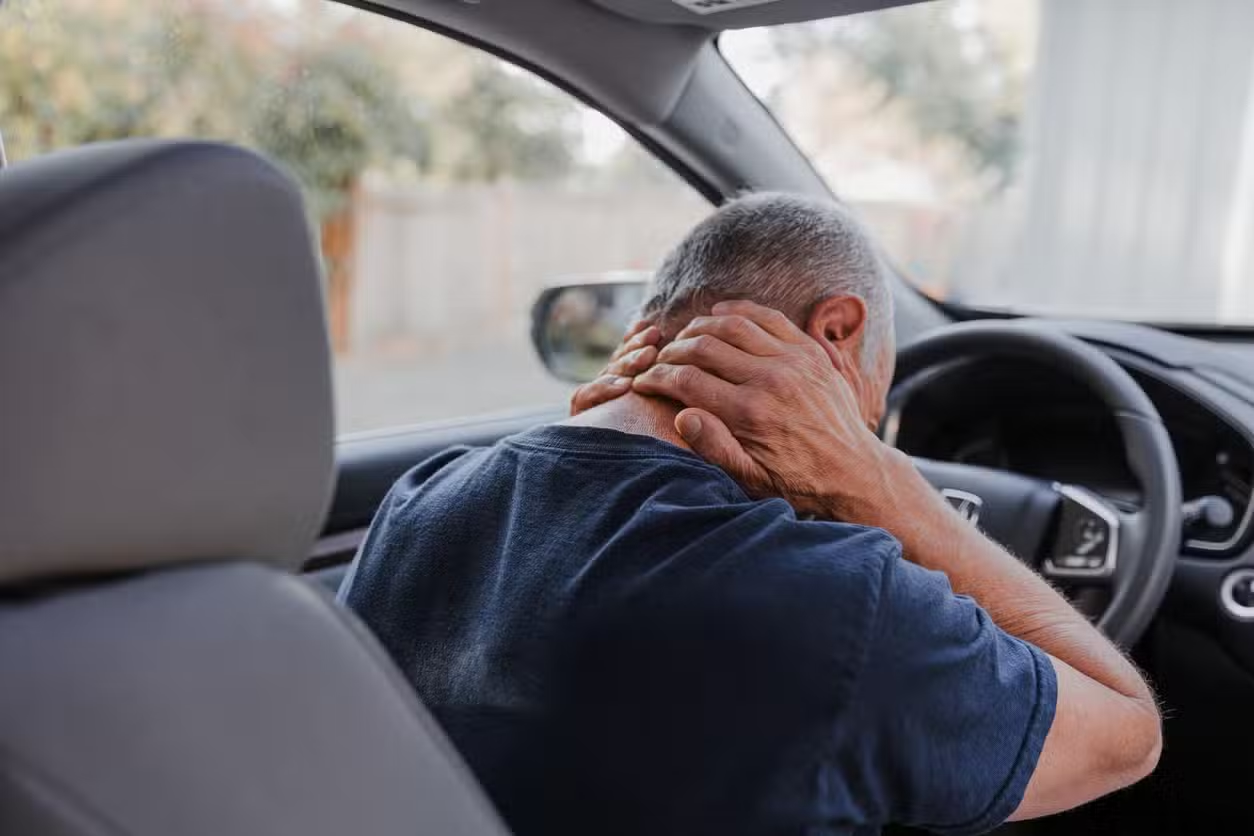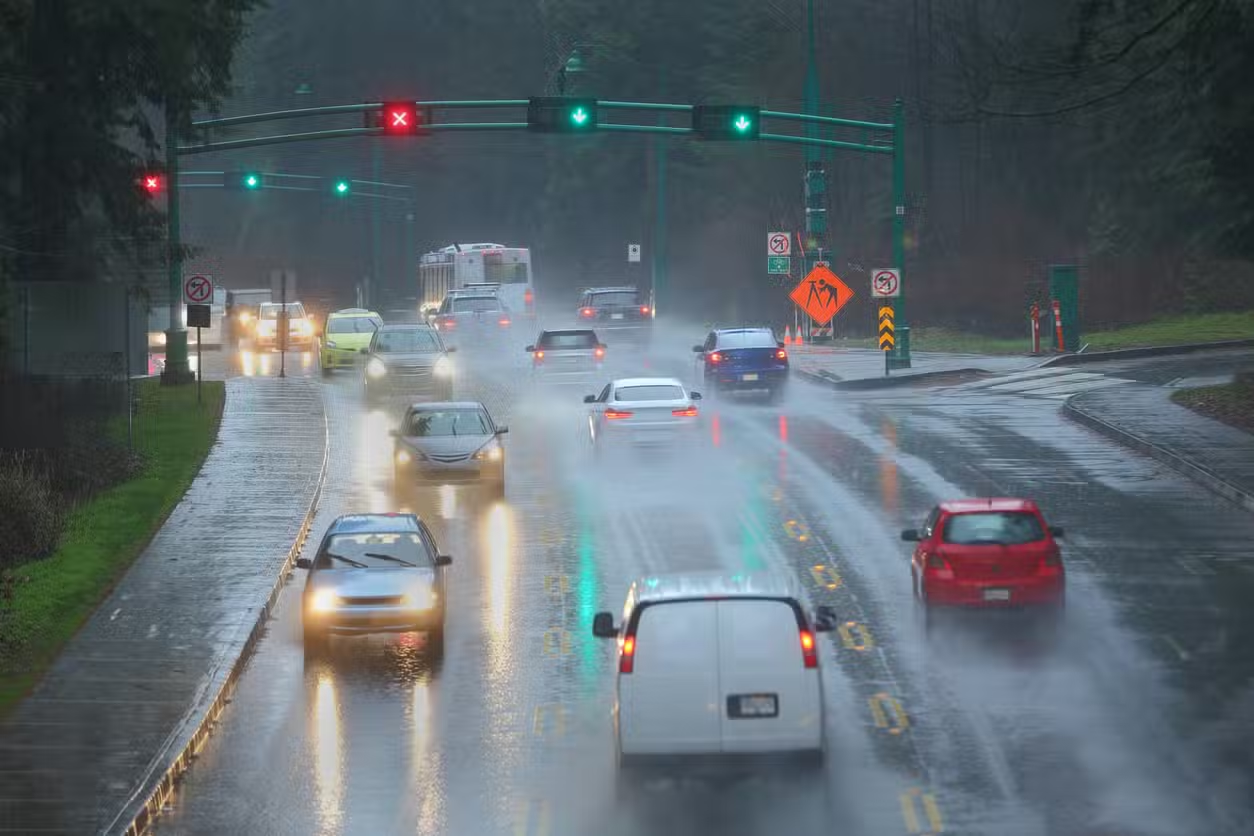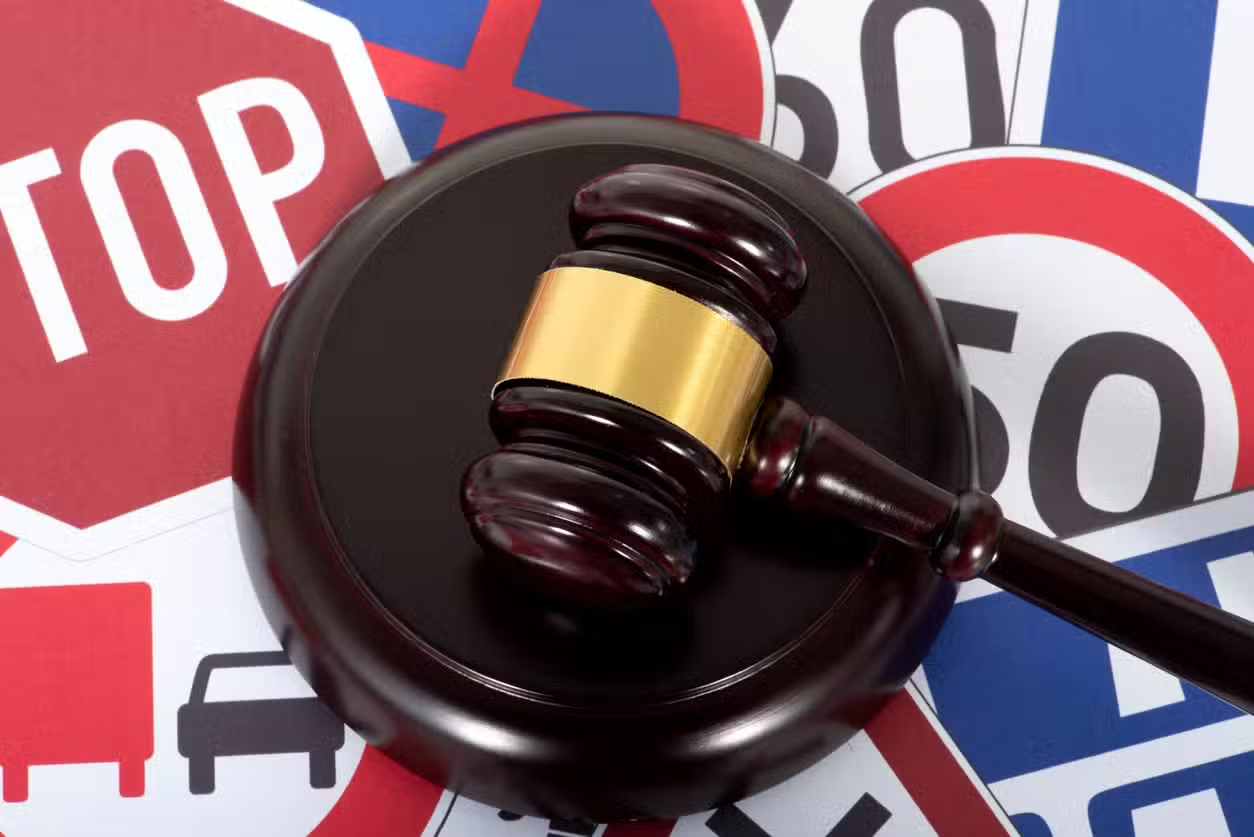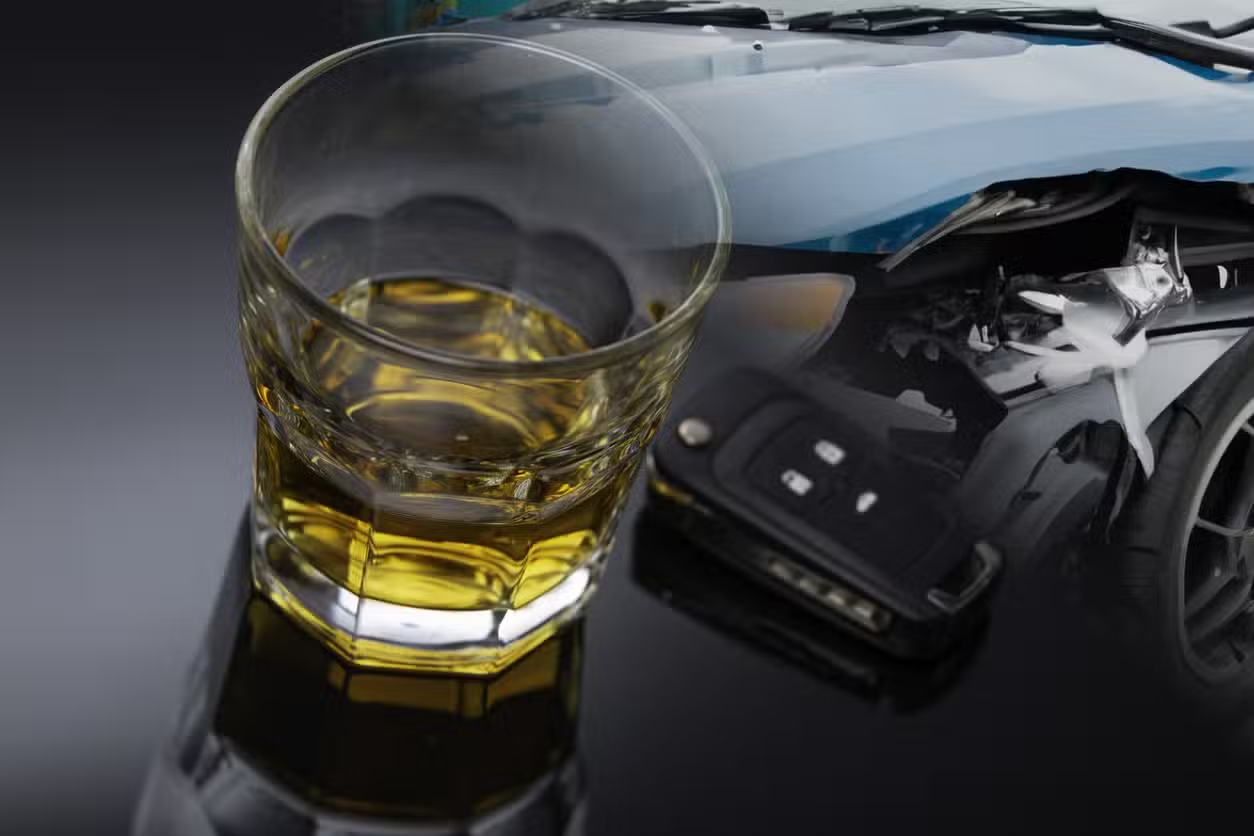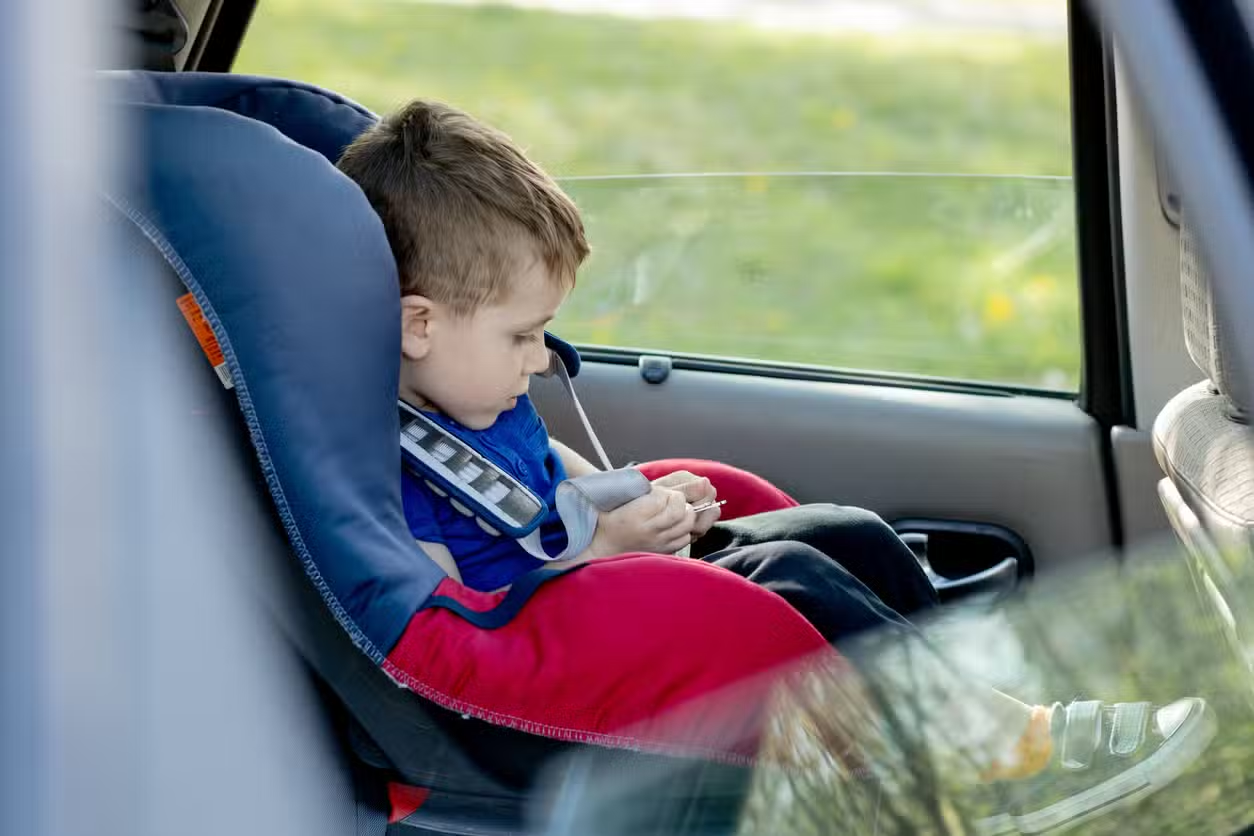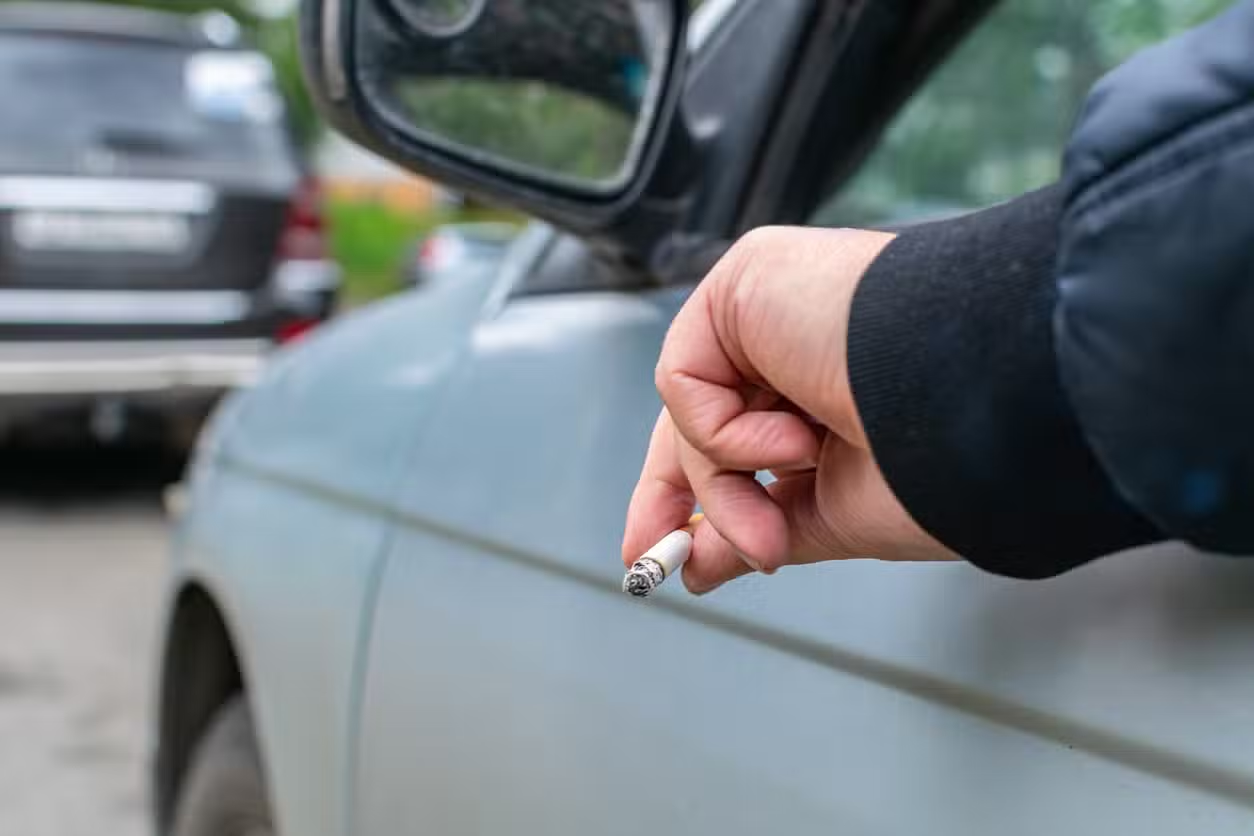A witness statement in a car accident provides unbiased, firsthand accounts of the incident, significantly enhancing your claim's credibility and clearly establishing fault. Insurance companies and courts consider independent witness statements powerful evidence, often crucial in resolving disputes regarding liability and damage severity.
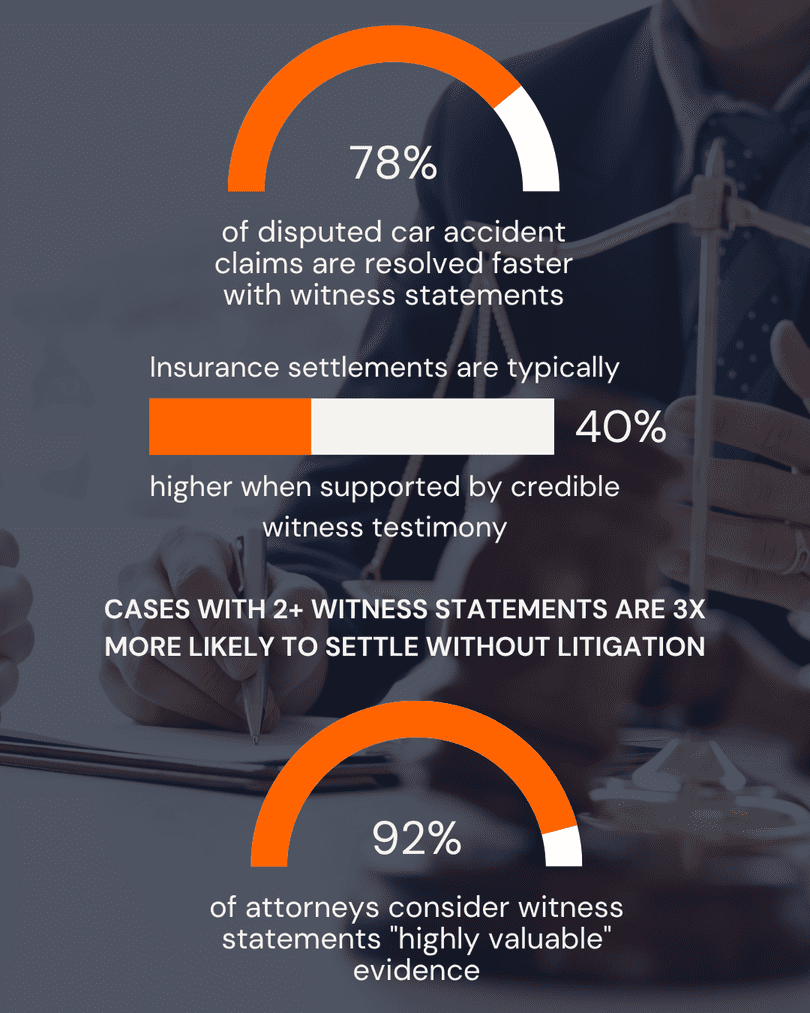
This article explains the role of witness statements, how to obtain effective testimony, and how these statements substantially strengthen your car accident case.
Why Witness Statements Are Important in Car Accident Claims
Witness statements offer several key advantages:
- Neutral Perspective: Witnesses usually have no personal interest in the outcome, providing impartial accounts.
- Establishing Fault: Clearly describe events, helping insurers determine liability more easily.
- Corroborating Your Account: Reinforce your own version of events, validating your claims about the accident’s circumstances.
- Resolving Conflicting Reports: Neutral witnesses clarify disagreements or inconsistencies between involved drivers' accounts.
Types of Witnesses in Car Accident Cases
Several witness types significantly influence your claim's strength:
- Eyewitnesses: Directly observed the accident and can provide detailed descriptions.
- First Responders: Police officers or paramedics offering professional assessments and scene observations.
- Expert Witnesses: Specialists such as accident reconstructionists who analyze evidence and clarify technical details.

What Makes a Good Witness Statement?
Effective witness statements share specific qualities that enhance their credibility and usefulness:

- Detailed and Clear Descriptions: Clearly outline accident details such as vehicle positions, speeds, traffic signals, and road conditions.
- Neutral and Objective Tone: Avoid personal opinions or emotional biases, strictly reporting observed facts.
- Timeliness: Statements obtained promptly after the accident carry greater accuracy and reliability.
How to Obtain Effective Witness Statements
Carefully following these steps ensures strong, credible witness statements:
Step 1: Identify Witnesses Promptly
Immediately after your accident, clearly identify potential witnesses at the scene:
- Ask bystanders if they saw the accident clearly.
- Obtain full names, phone numbers, and addresses to contact witnesses later if necessary.
- Ask responding officers to note witness contact information in the official police report.
Step 2: Request Statements Immediately
Promptly request statements while memories remain fresh and accurate:
- Politely request witnesses to recount exactly what they observed.
- Record statements via audio or video (with permission) or have witnesses write statements down.
- Note the date and time statements were collected clearly.
Step 3: Document Witness Credibility
Witness credibility directly impacts their effectiveness in your claim:
- Clearly document witness details like age, occupation, and relationship (if any) to involved parties.
- Emphasize any relevant expertise or specific vantage points that enhance witness accuracy.
How Witness Statements Influence Insurance Claims
Insurance companies weigh witness statements significantly when evaluating claims:
- Neutral witness accounts carry substantial credibility, resolving doubts over disputed liability or fault.
- Strong witness testimony increases insurer willingness to settle quickly and fairly, reducing prolonged negotiations.
- Multiple consistent witness statements further enhance claim strength, clearly establishing accident circumstances.
Can Witness Statements Increase Your Car Accident Settlement?
Strong witness testimony directly enhances your potential settlement value by:
- Clearly establishing liability, preventing insurers from disputing responsibility.
- Confirming accident severity, validating your medical injuries and associated compensation needs.
- Supporting claims of pain, suffering, and emotional impacts by substantiating the traumatic event’s details.
Using Witness Statements for Rear-End Collisions
In rear-end collision cases, witness statements powerfully clarify fault, especially if liability is contested. For further insight, read What to Do If You Were Rear Ended in a Car Accident. This guide specifically addresses managing rear-end collision scenarios and effectively incorporating witness testimony into your claim.
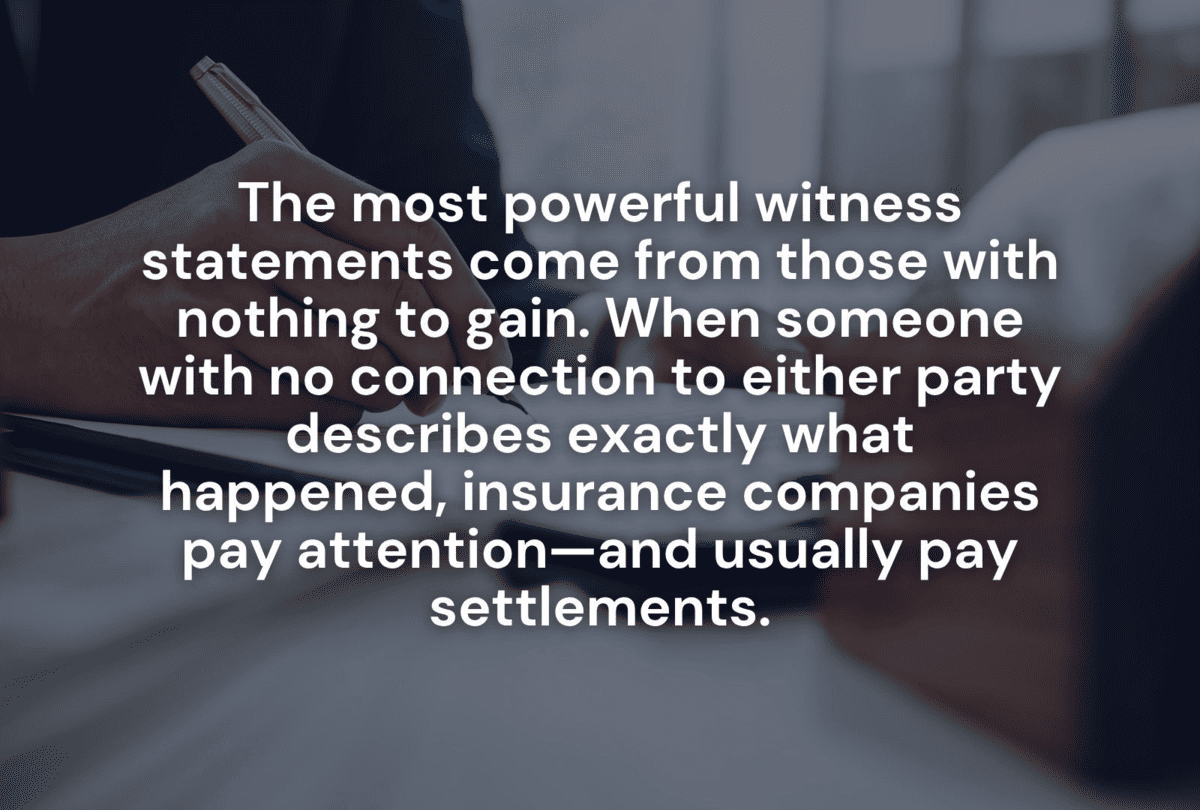
When Should You Consult an Attorney About Witness Statements?
Consider consulting with a car accident attorney if:
- Witnesses provide conflicting statements that complicate your claim.
- Insurers dispute witness credibility or statements.
- You struggle to locate or secure witness cooperation.
Attorneys efficiently collect credible witness statements, validate testimonies, and use this evidence effectively to maximize your settlement outcomes.
Mistakes to Avoid When Collecting Witness Statements
Avoiding these common pitfalls ensures witness statements strengthen your claim effectively:
- Delaying Witness Identification: Promptly identifying witnesses avoids memory degradation and enhances statement accuracy.
- Relying on Informal Verbal Statements: Formalize witness accounts through signed statements or recordings to establish clear evidence.
- Influencing or Coaching Witnesses: Allow witnesses to freely describe their observations without influencing or leading their responses, preserving impartiality.
Using Witness Statements to Maximize Your Settlement Amount
To further enhance your settlement potential, review How to Maximize Car Accident Settlement Amounts After an Injury. This resource outlines comprehensive strategies, including effectively leveraging witness testimony to substantiate claims, clearly establish fault, and secure maximum compensation for injuries and damages.
Conclusion: Strengthening Your Car Accident Claim Through Witness Statements
Clearly understanding the importance and proper handling of witness statements significantly strengthens your car accident claim. Independent witness accounts establish neutral evidence, clarify disputed fault issues, and enhance your credibility with insurers and courts. By promptly identifying reliable witnesses, clearly documenting their observations, and effectively presenting these statements, you greatly increase your likelihood of obtaining fair and substantial compensation for your car accident injuries and losses.


